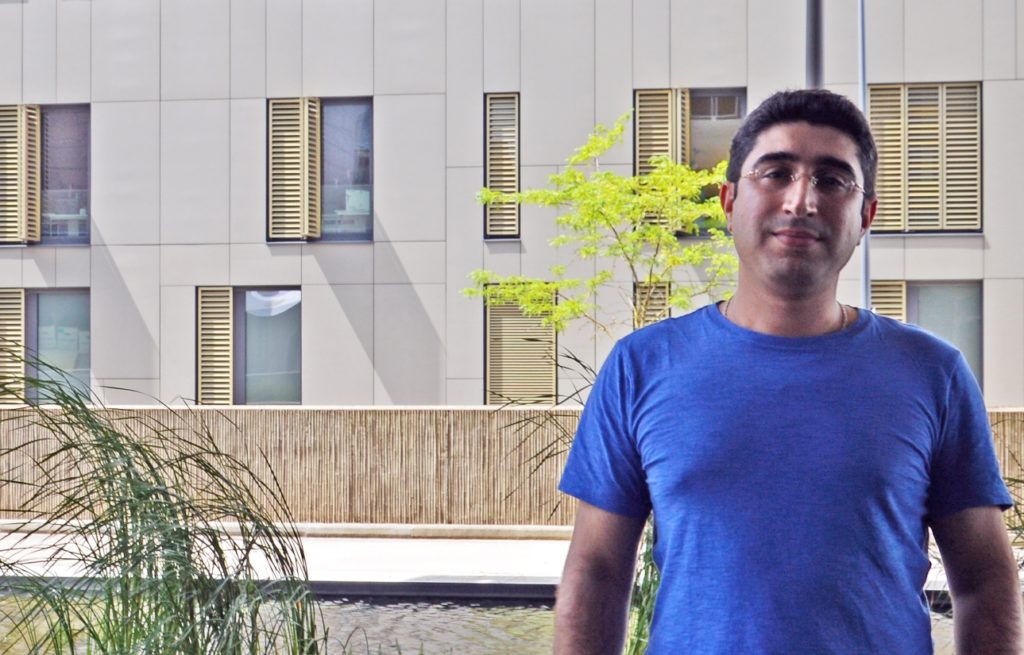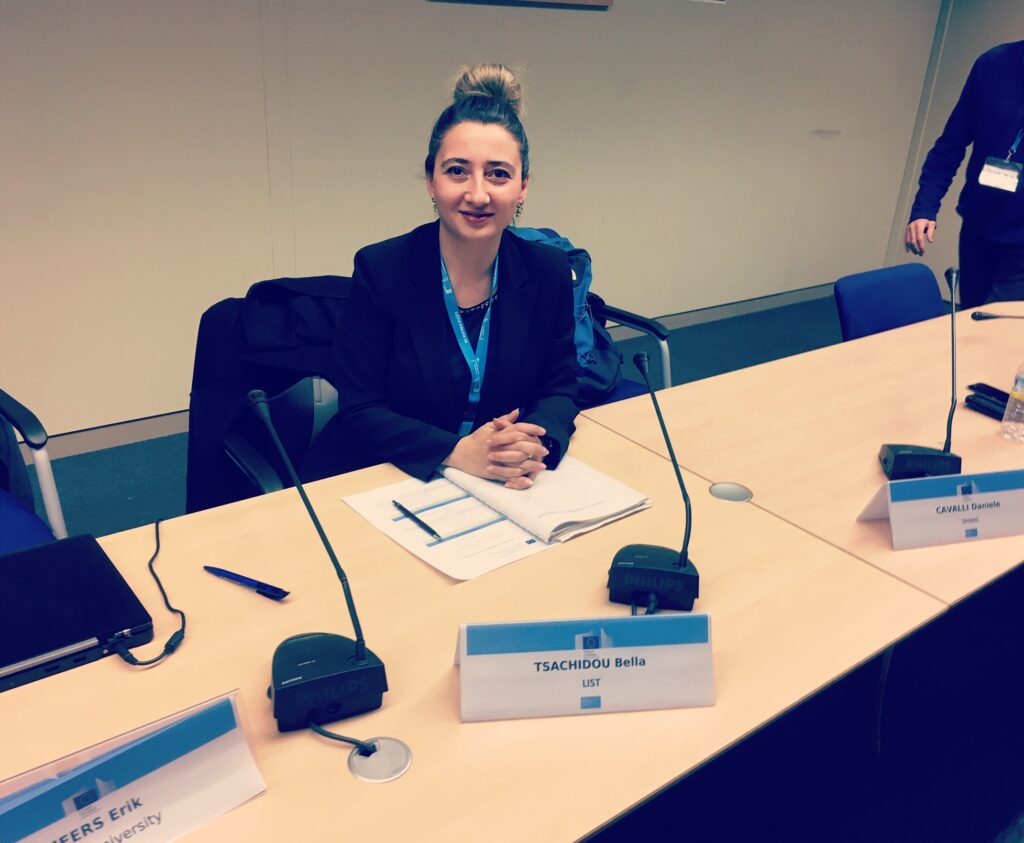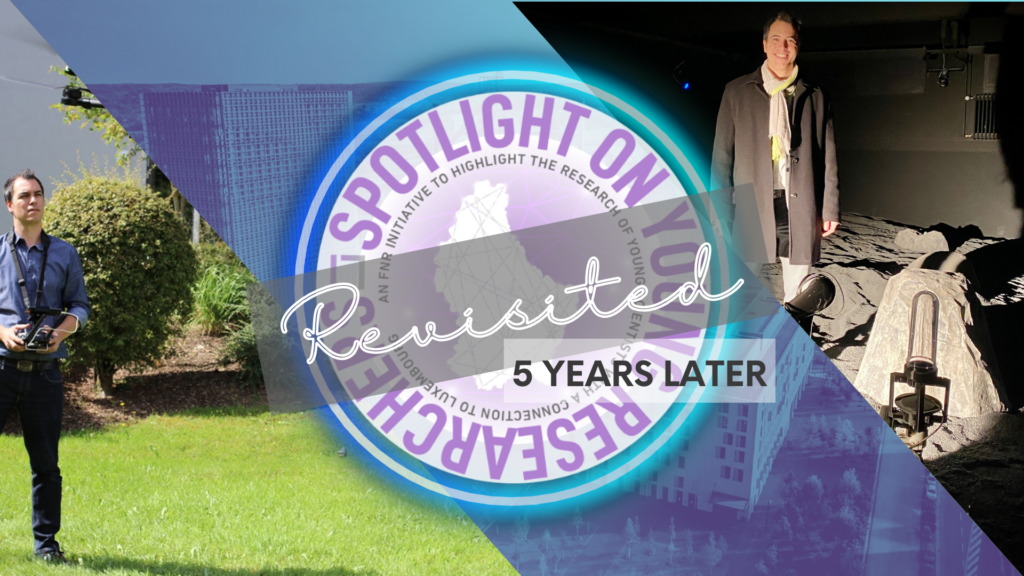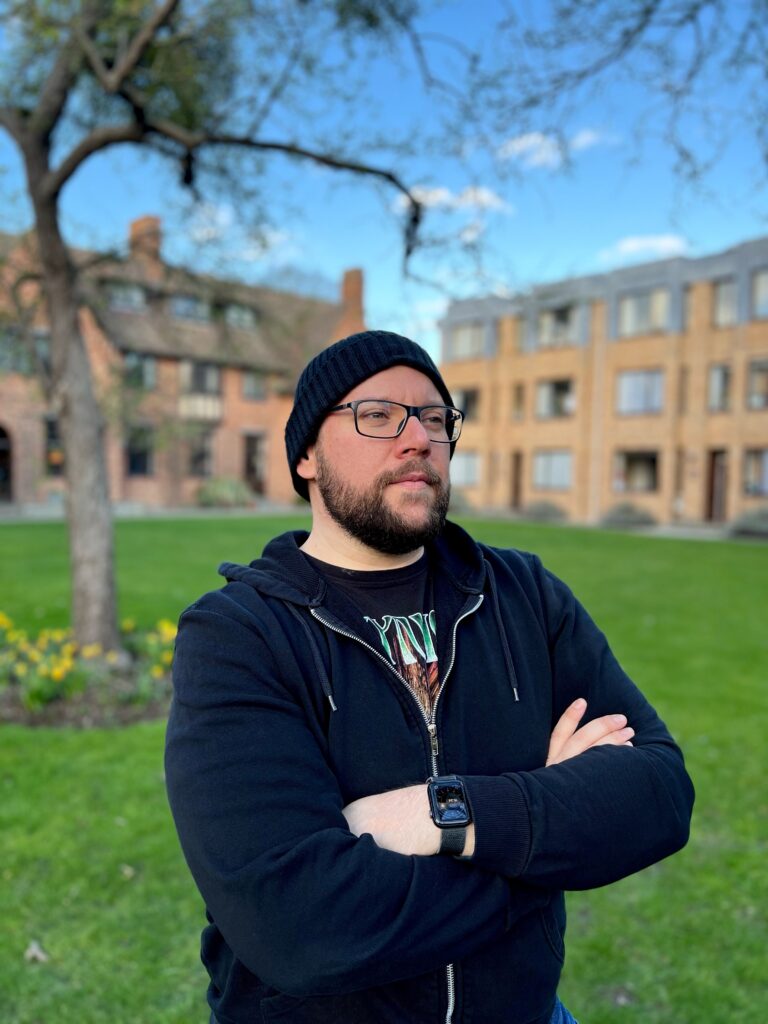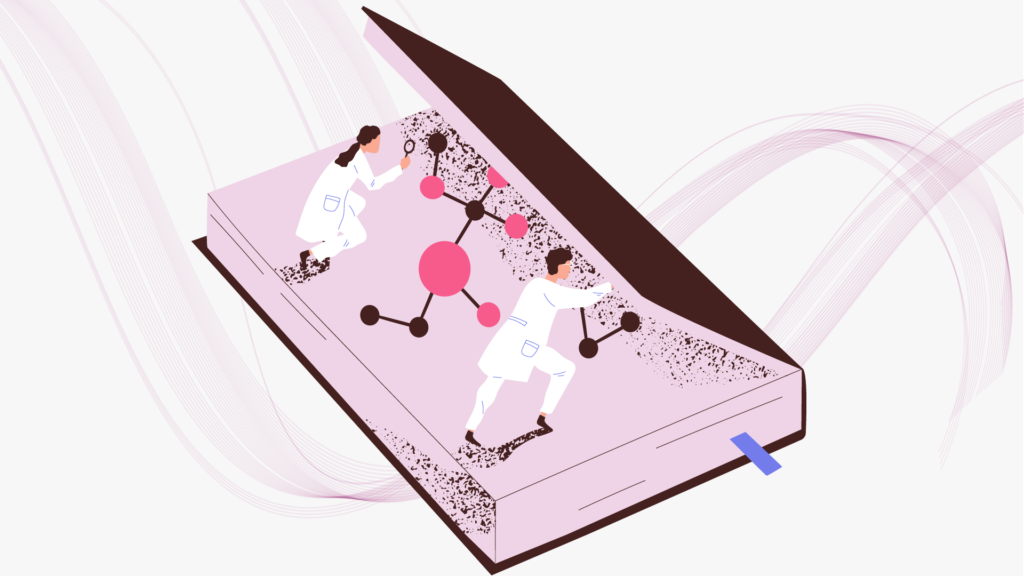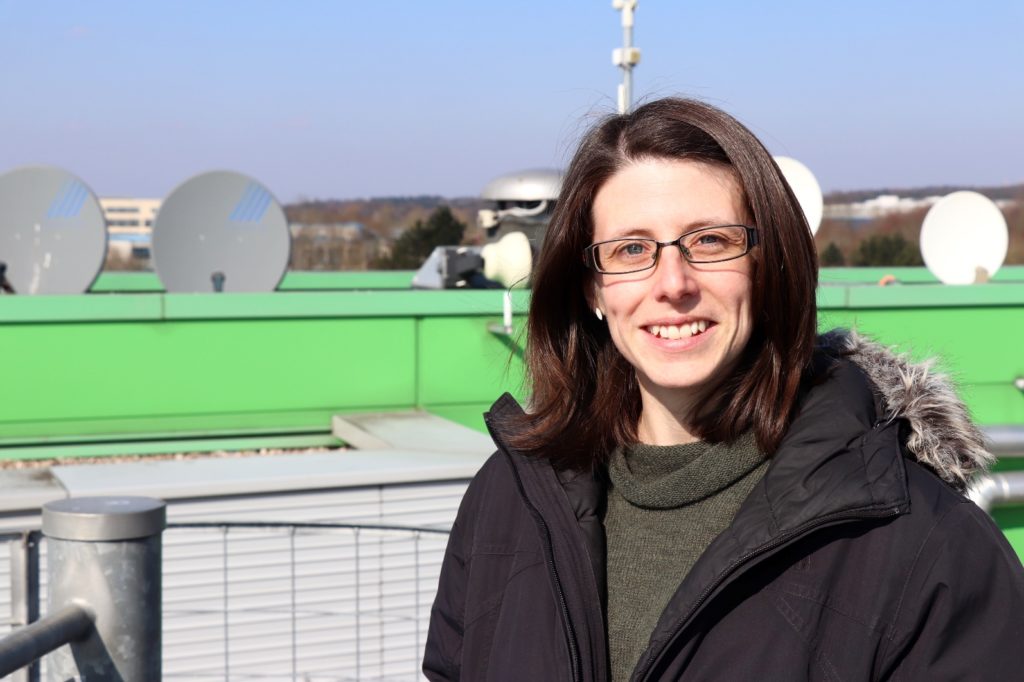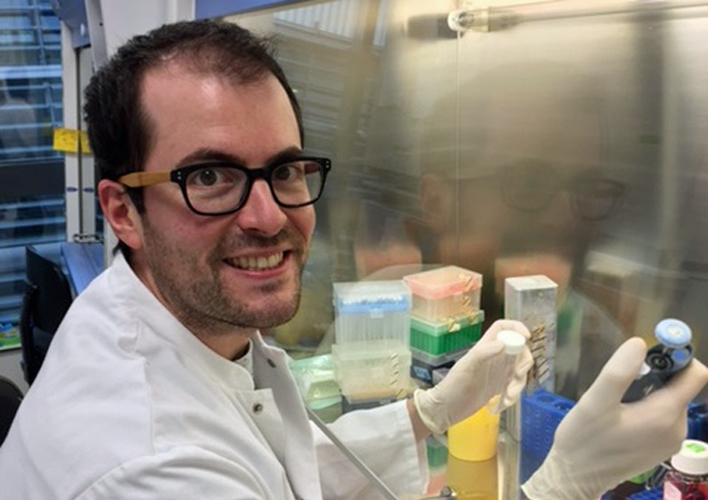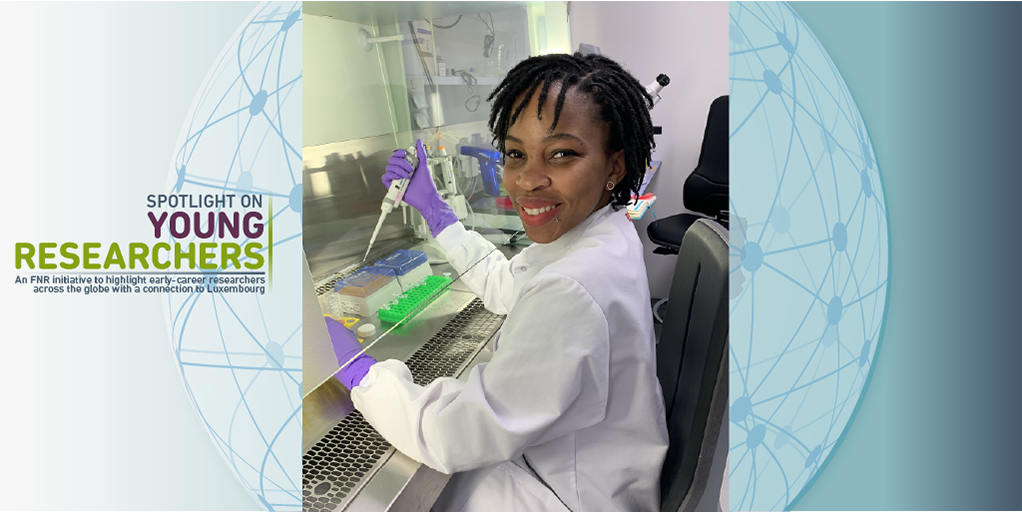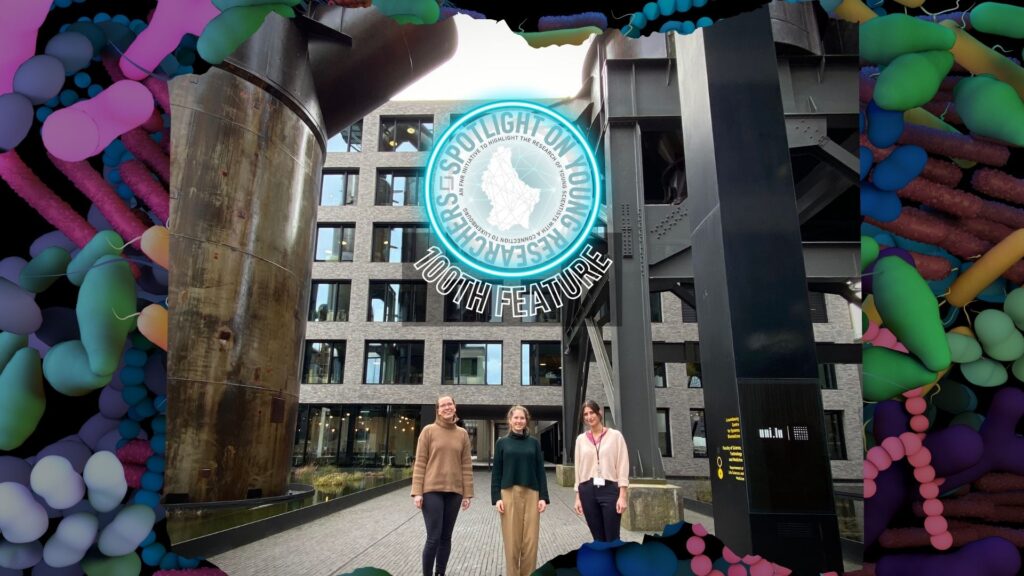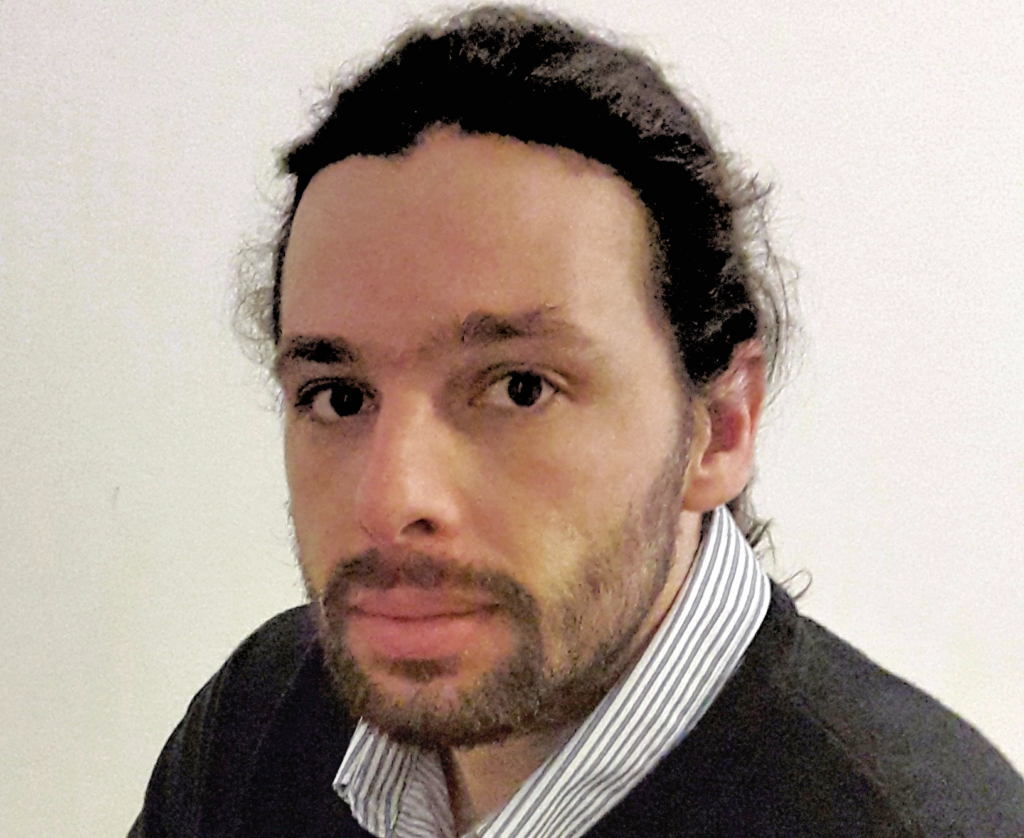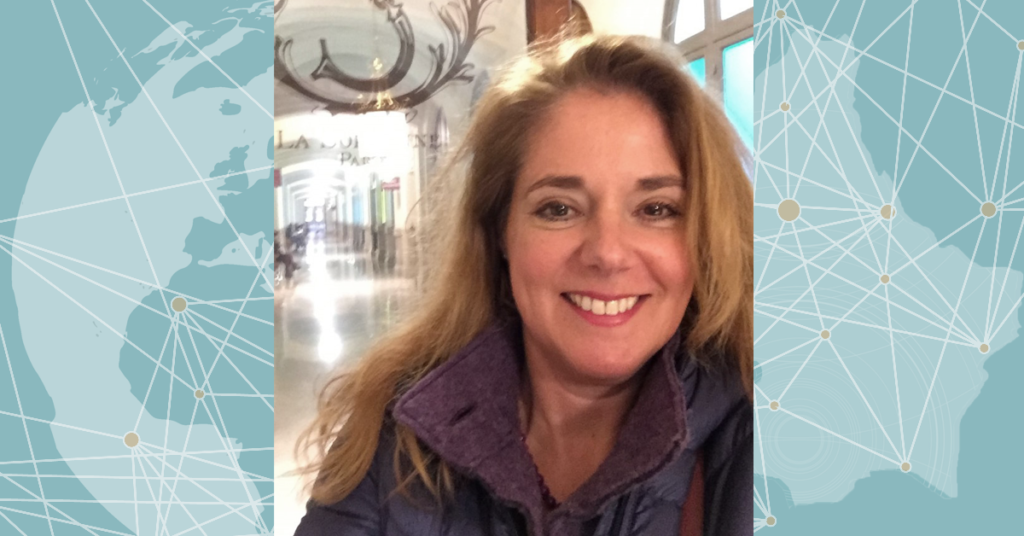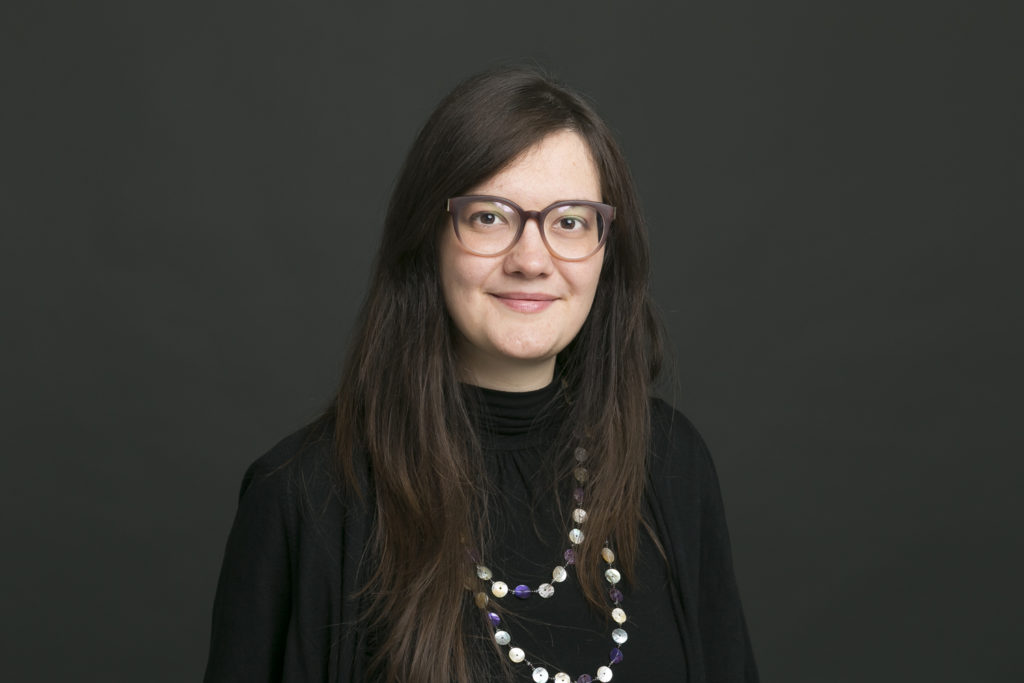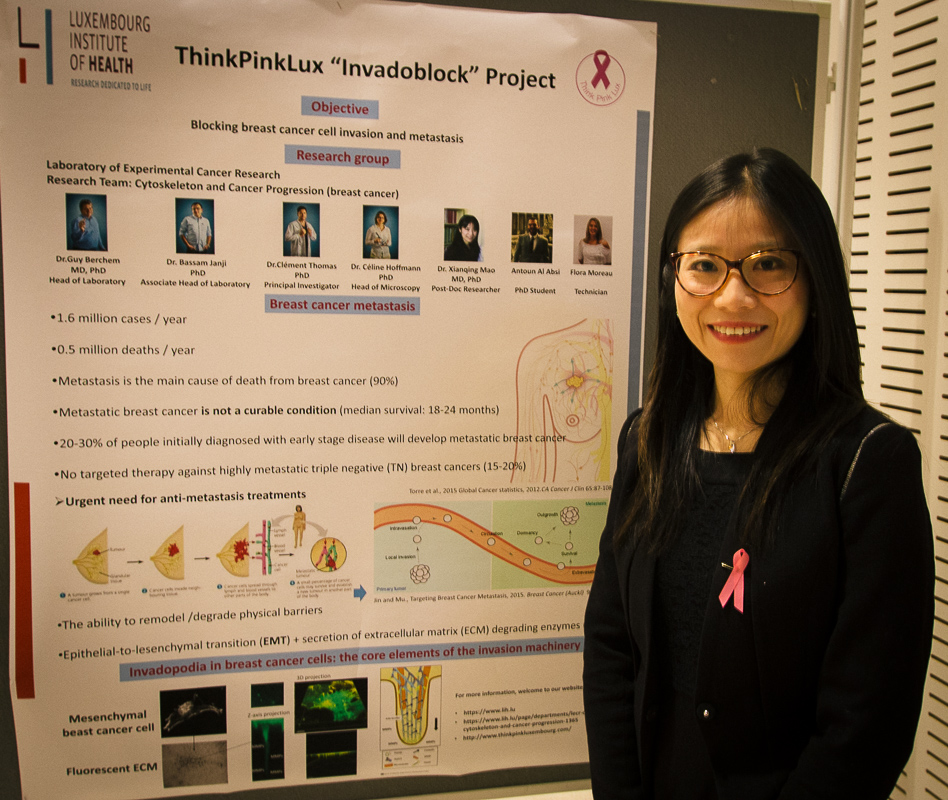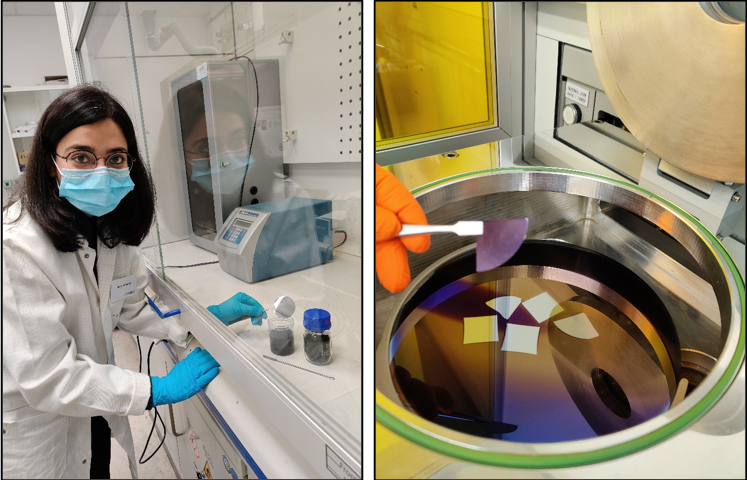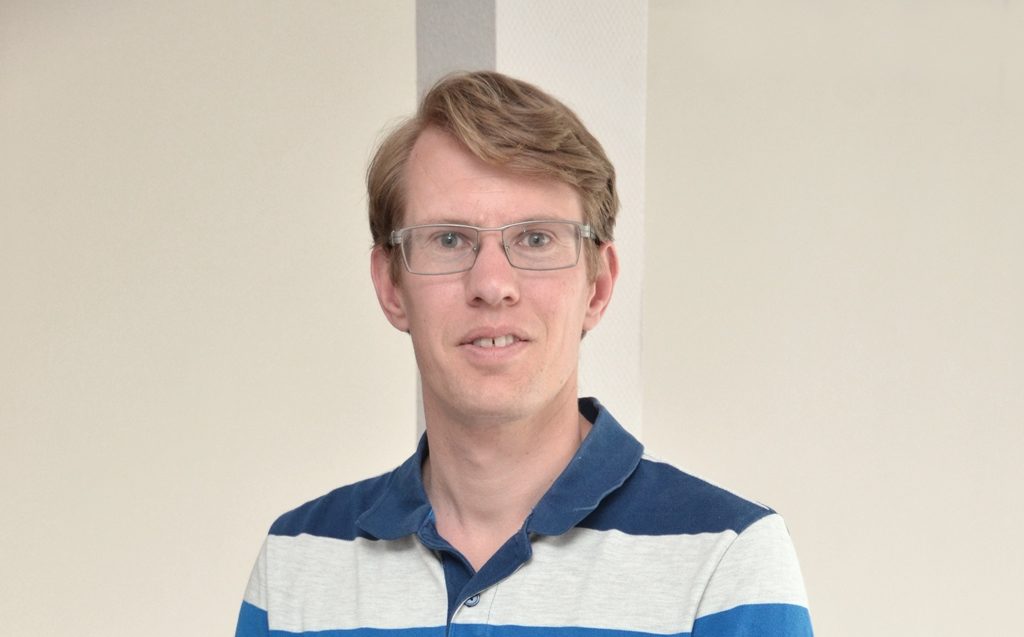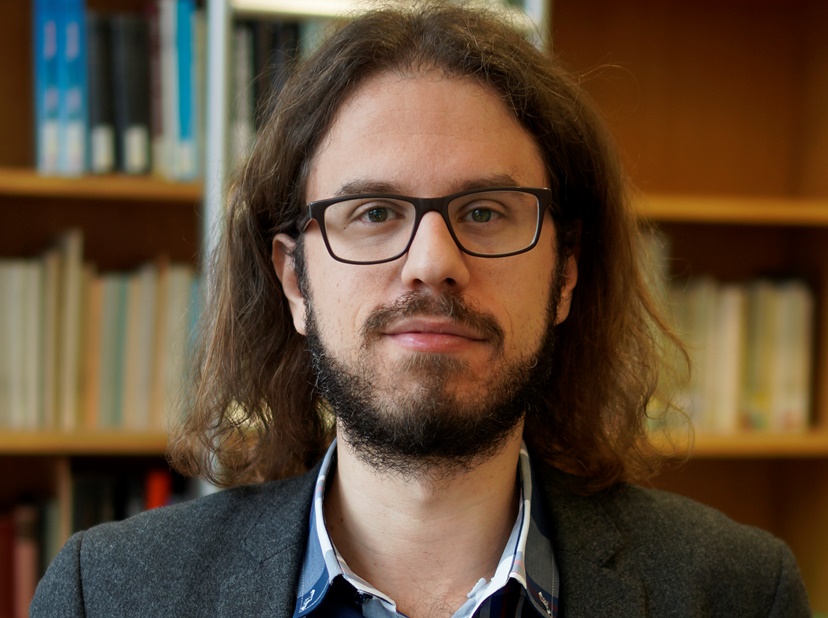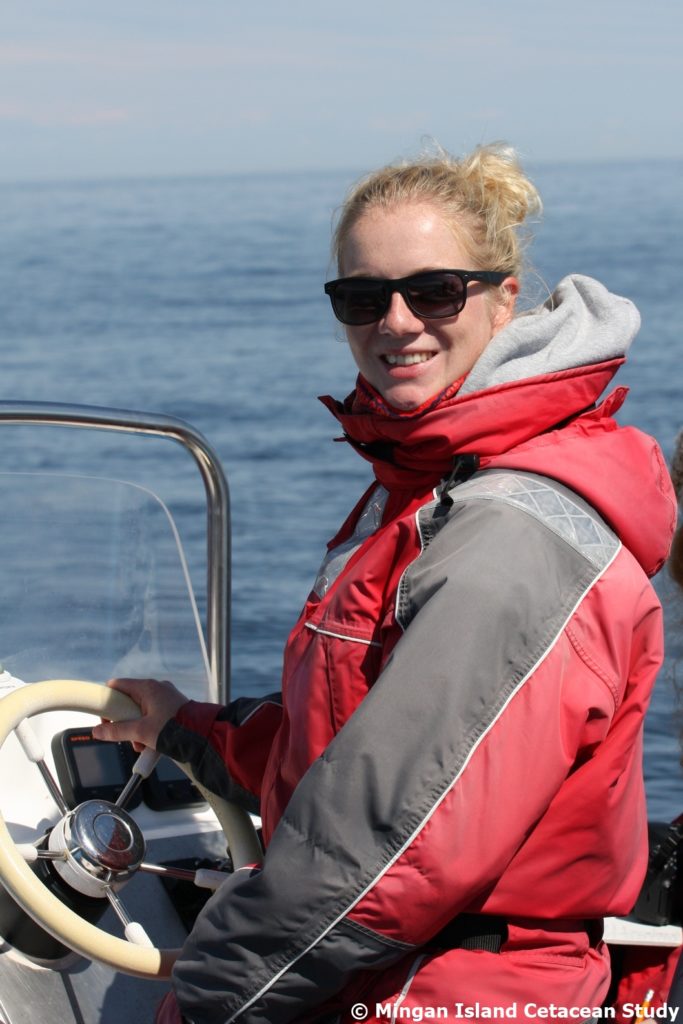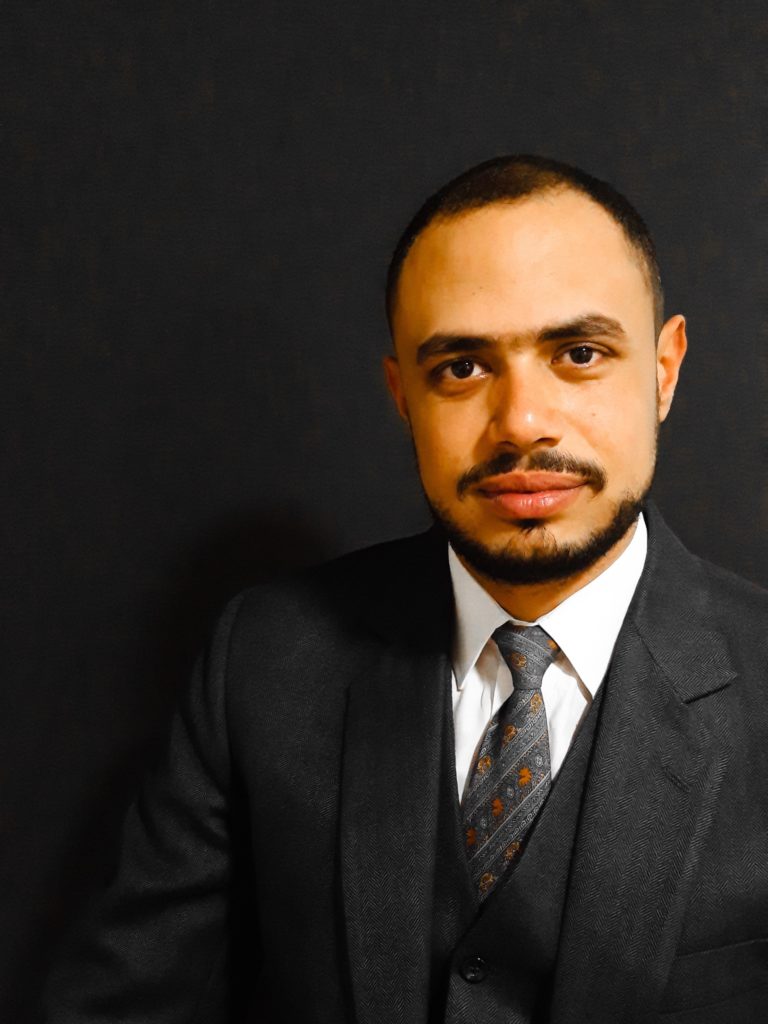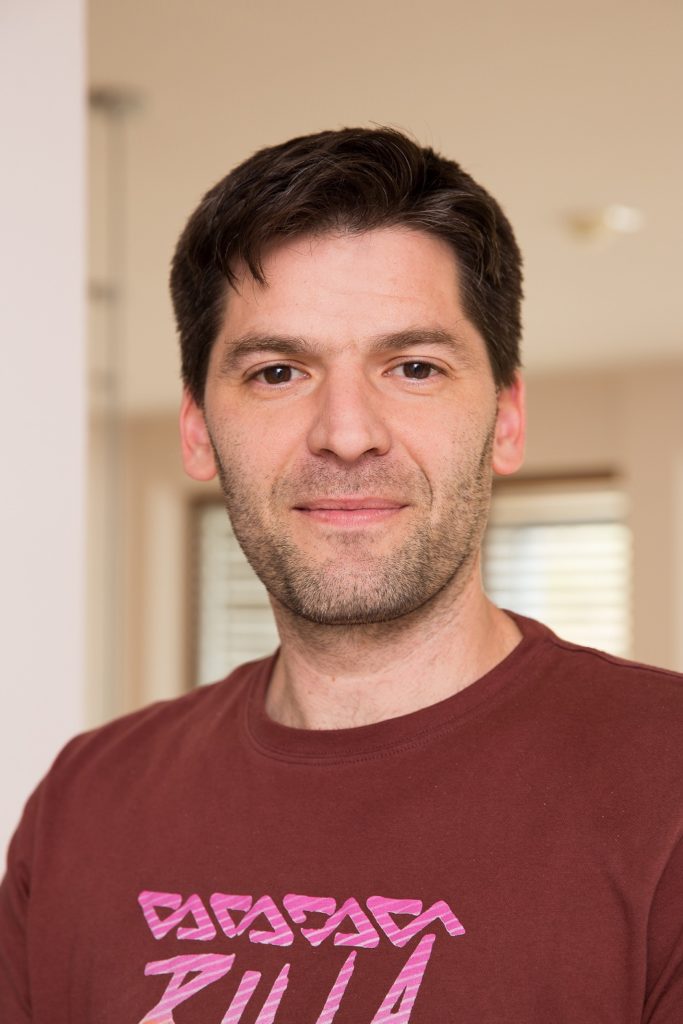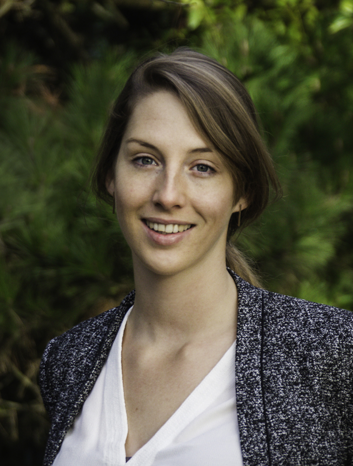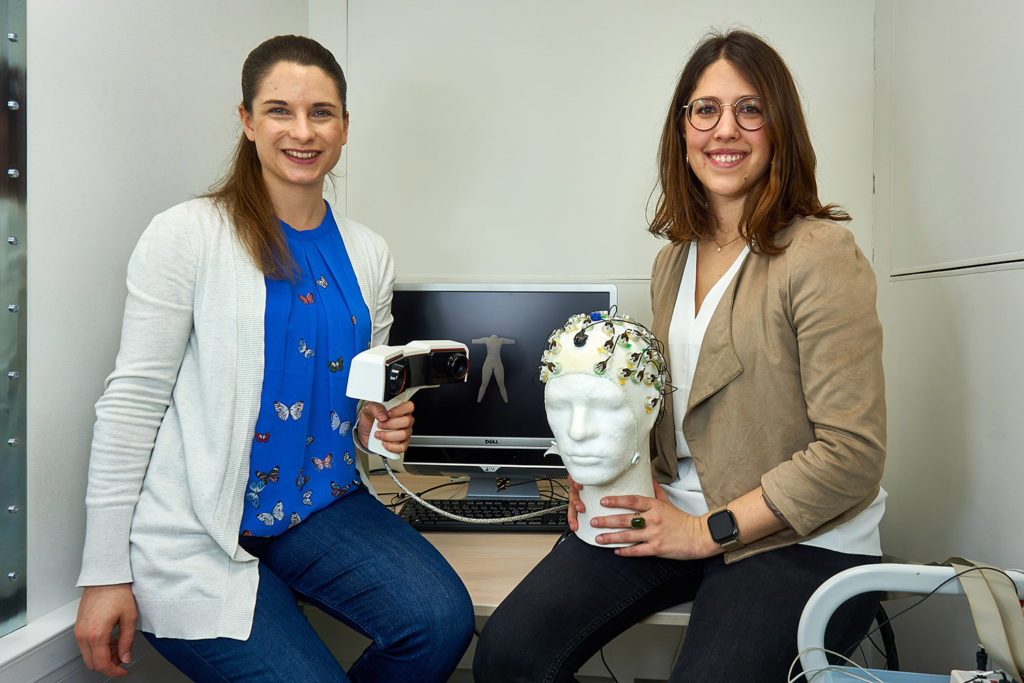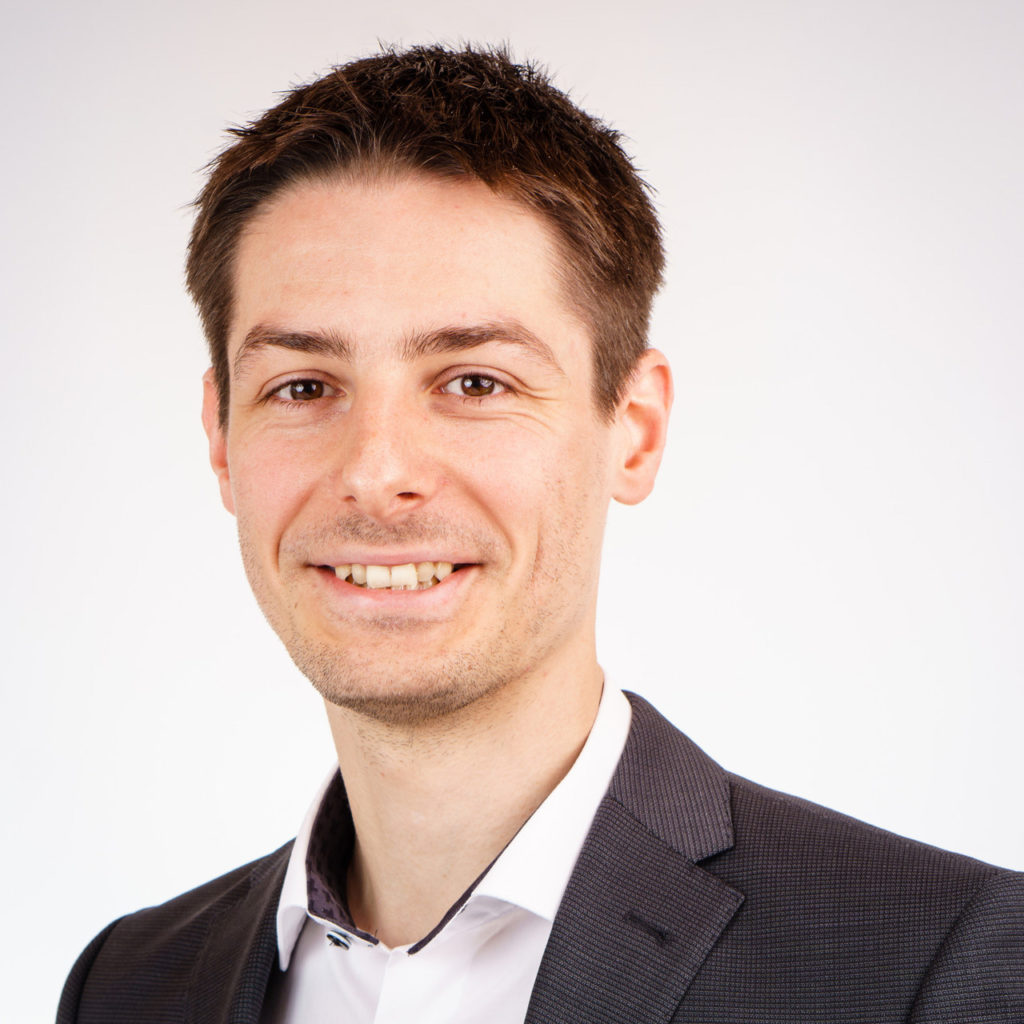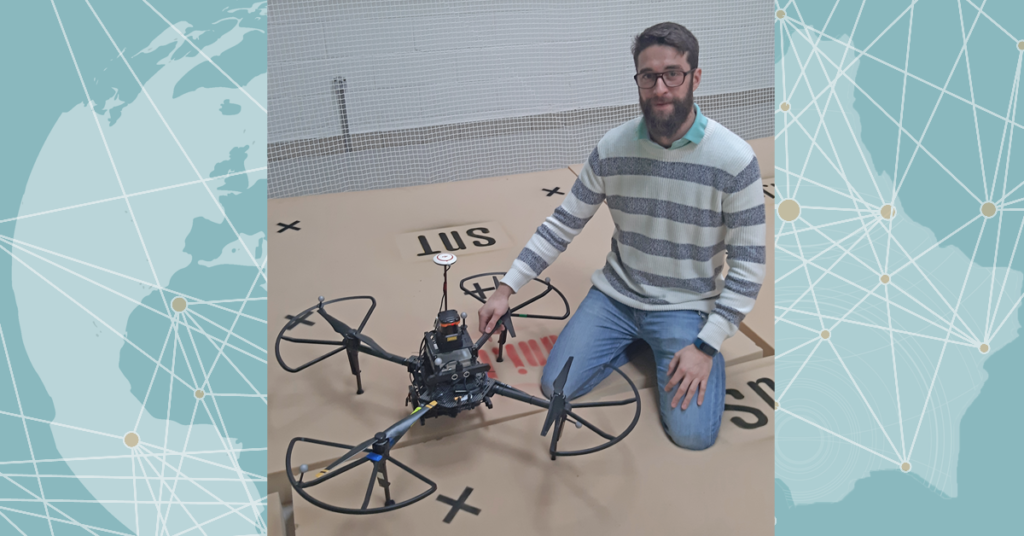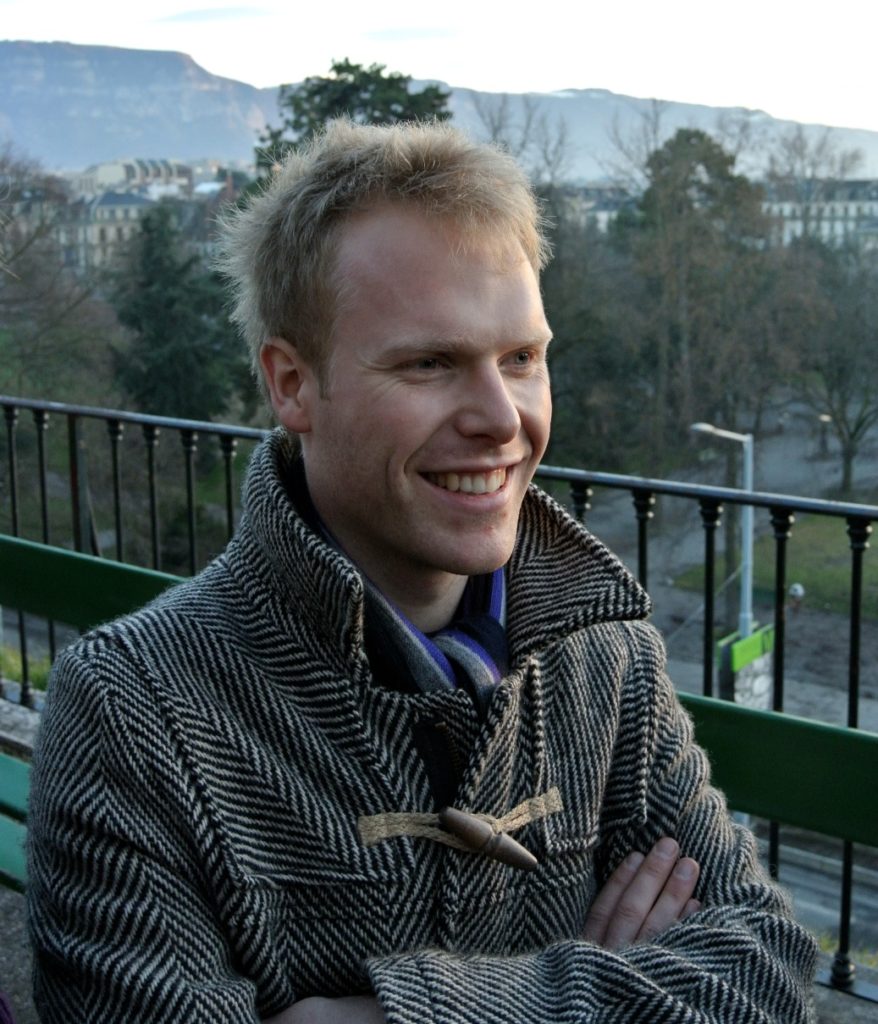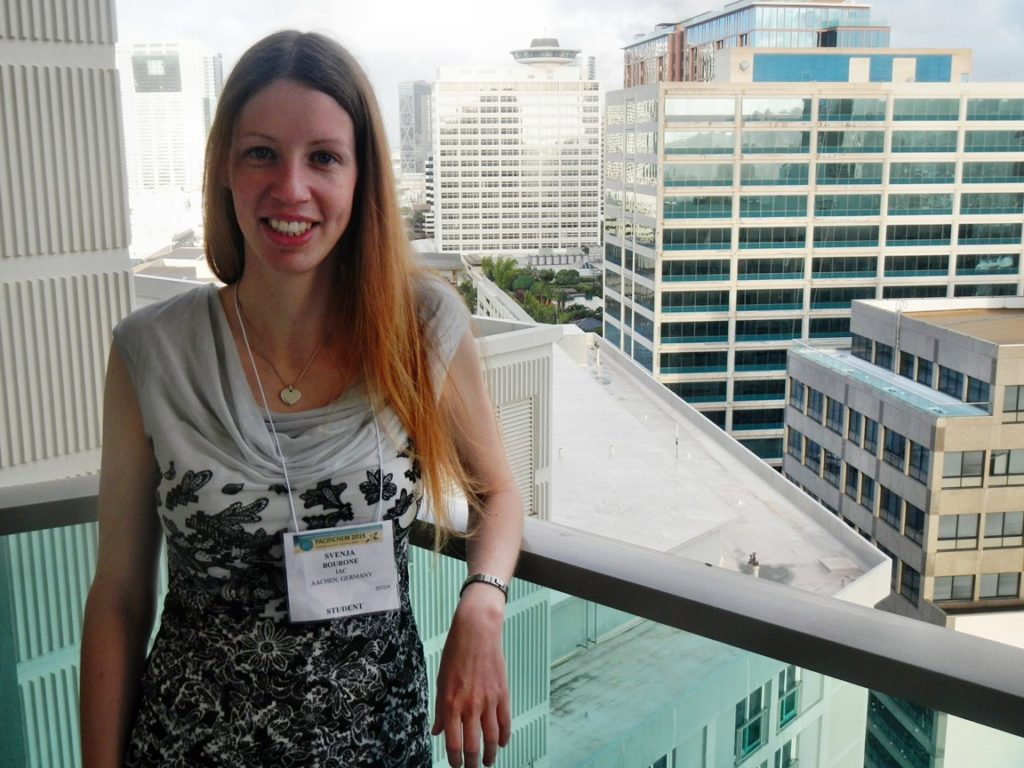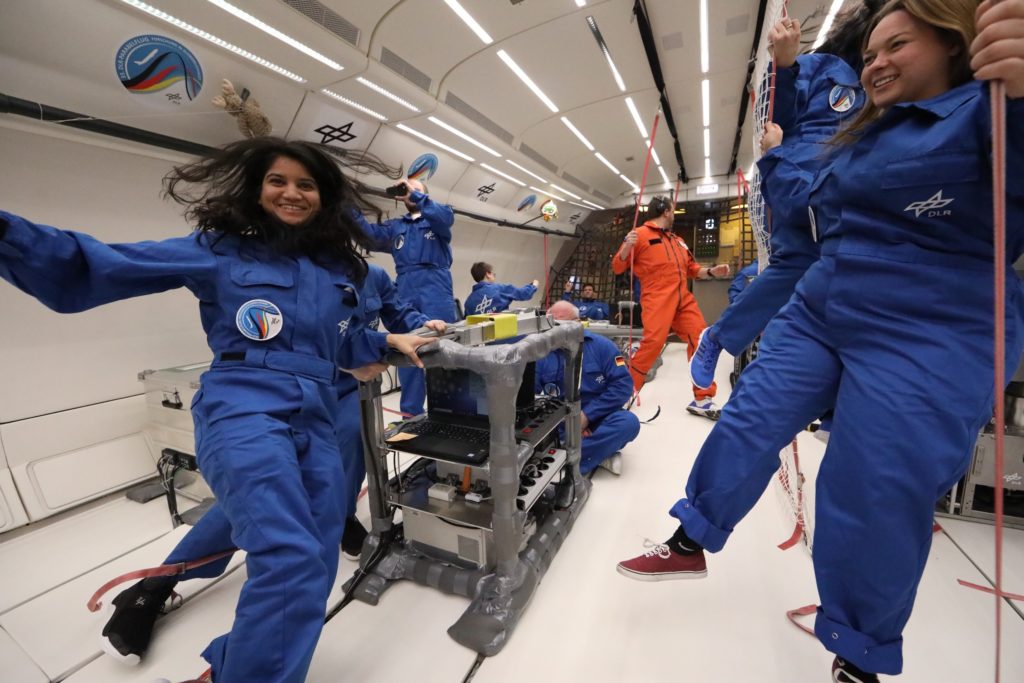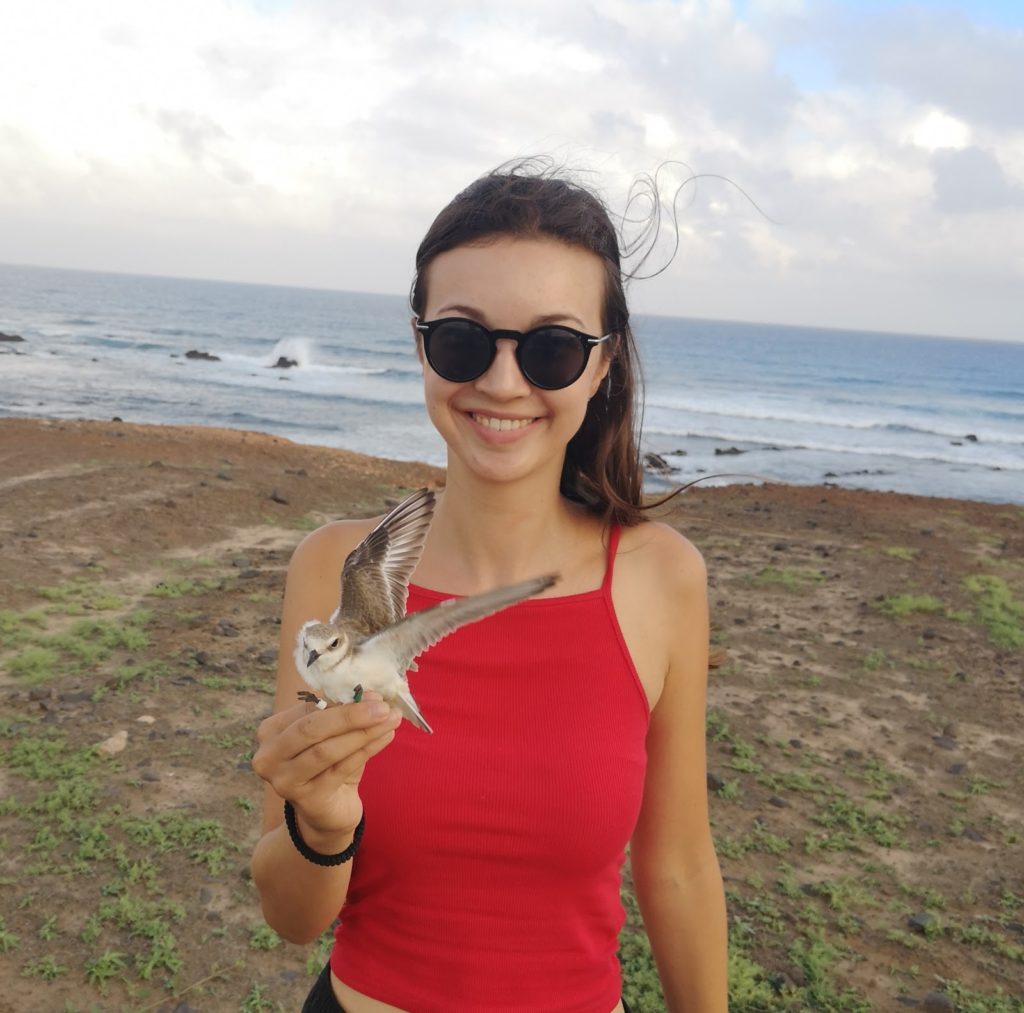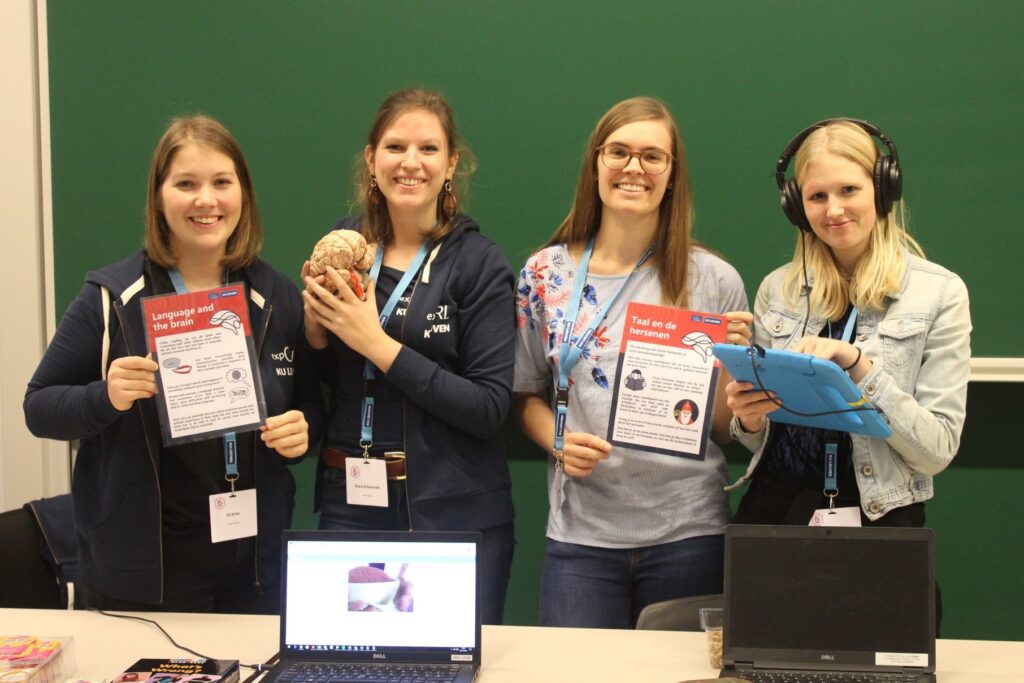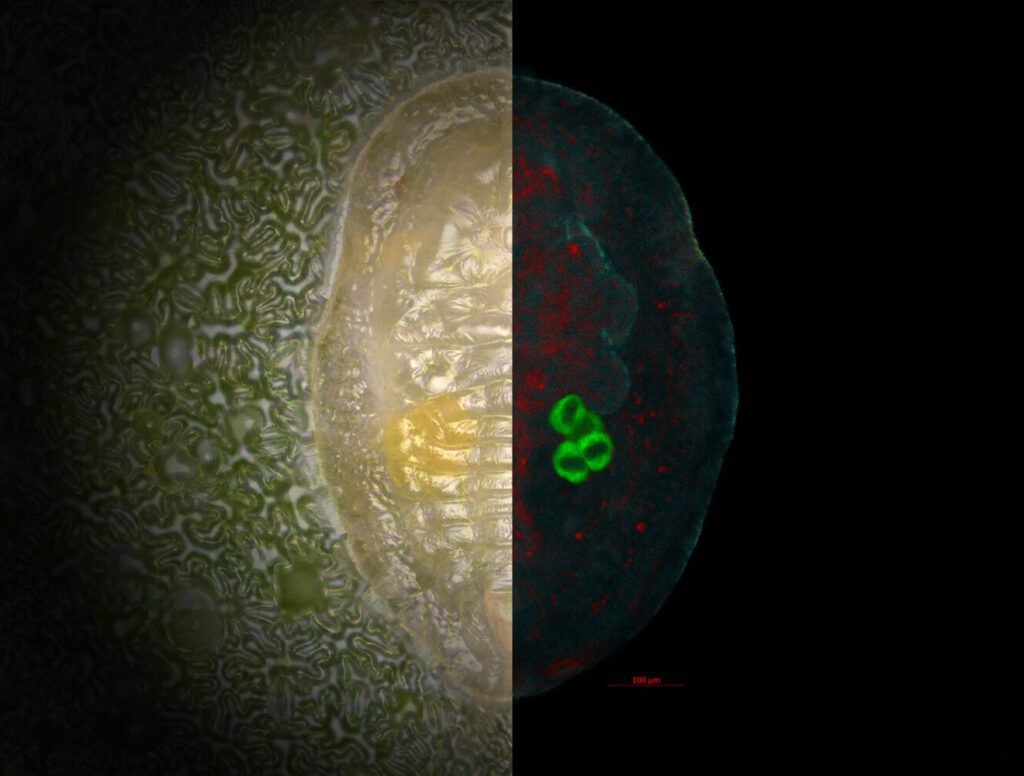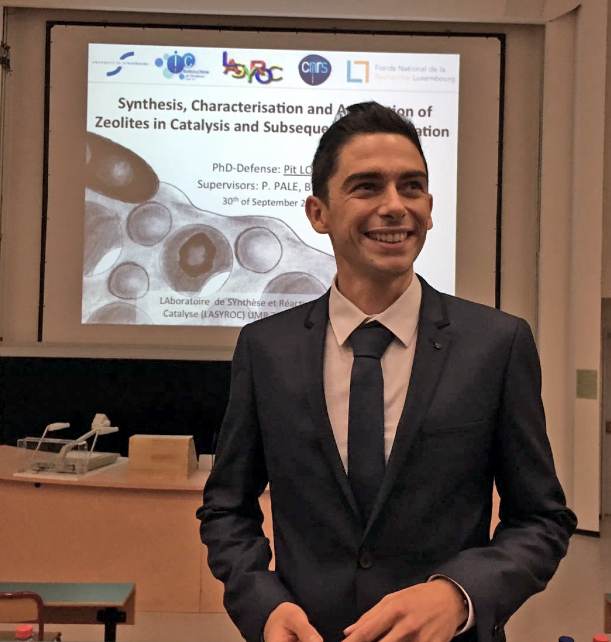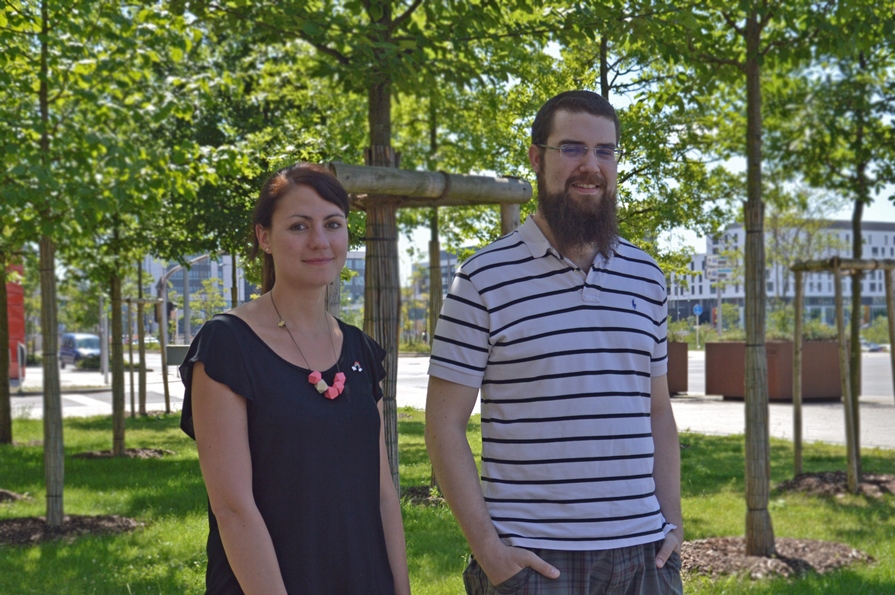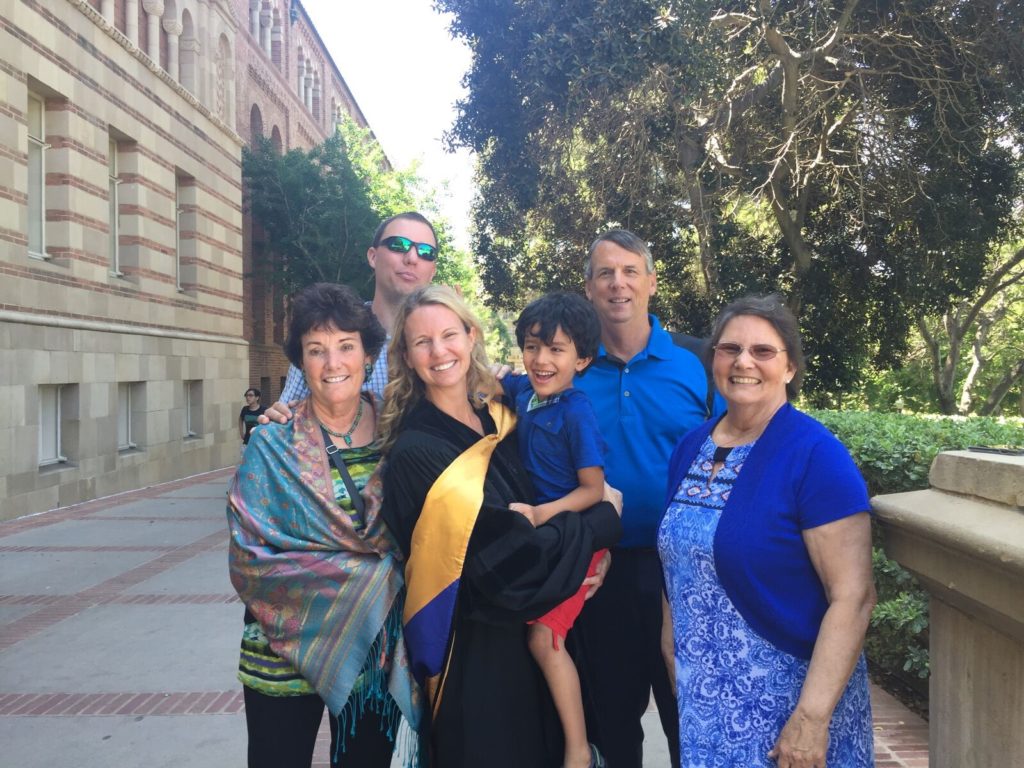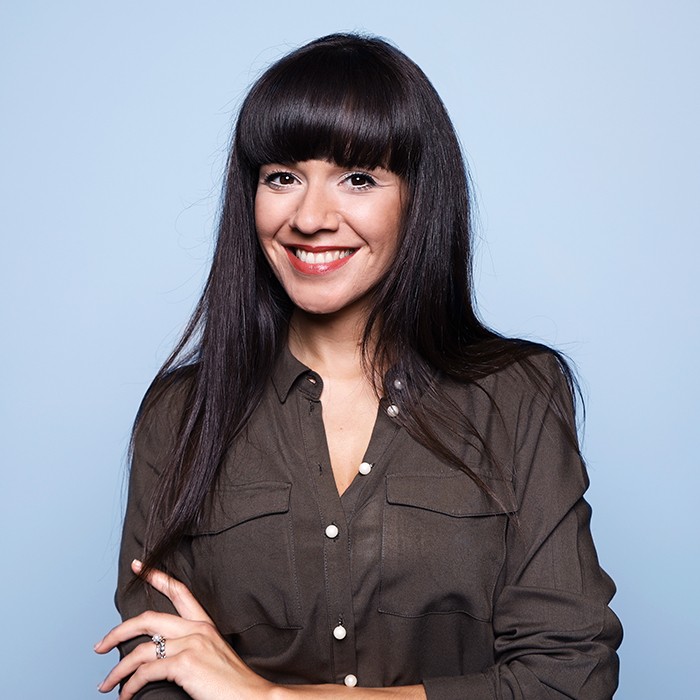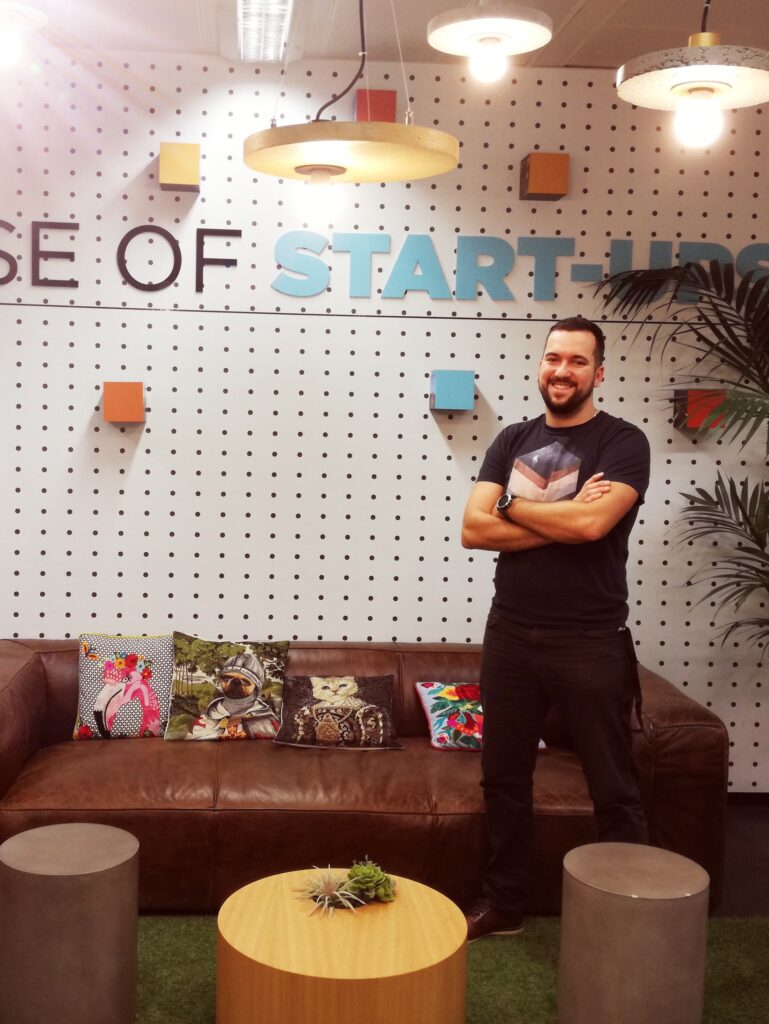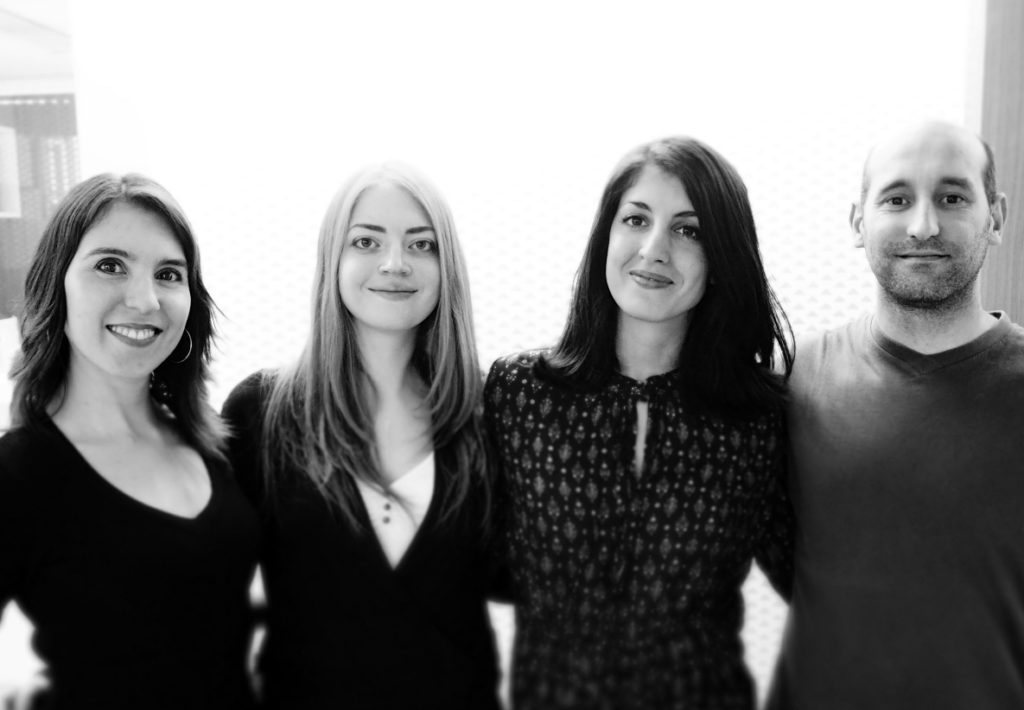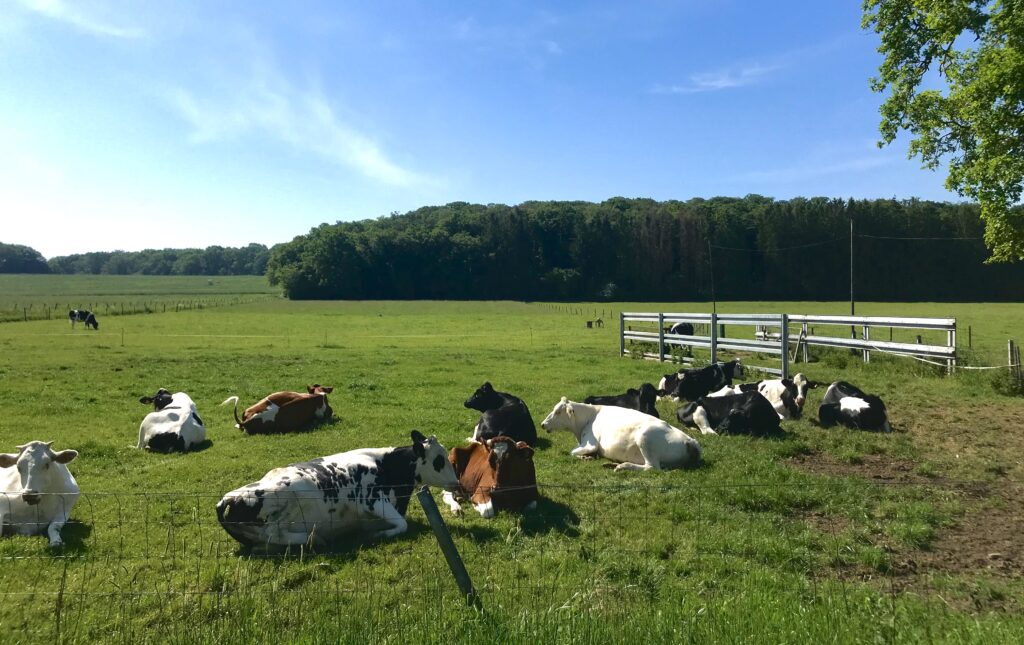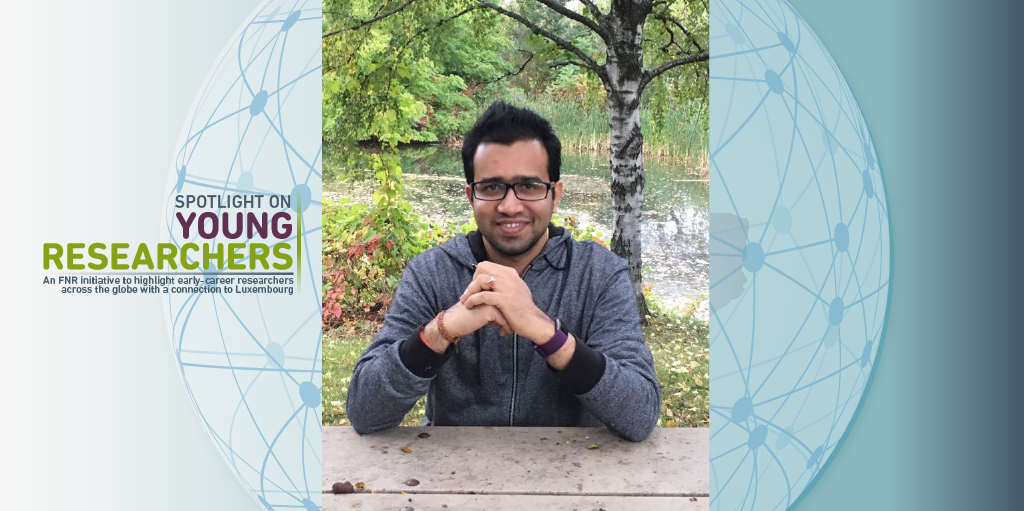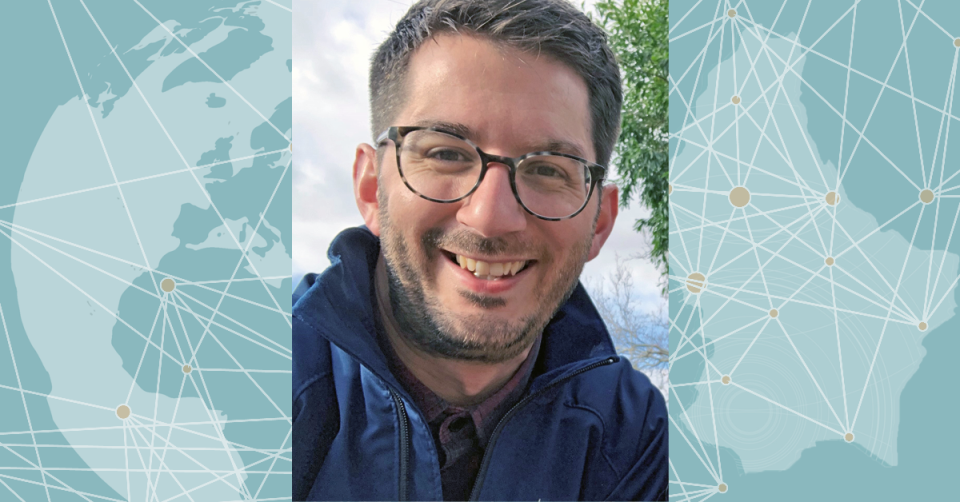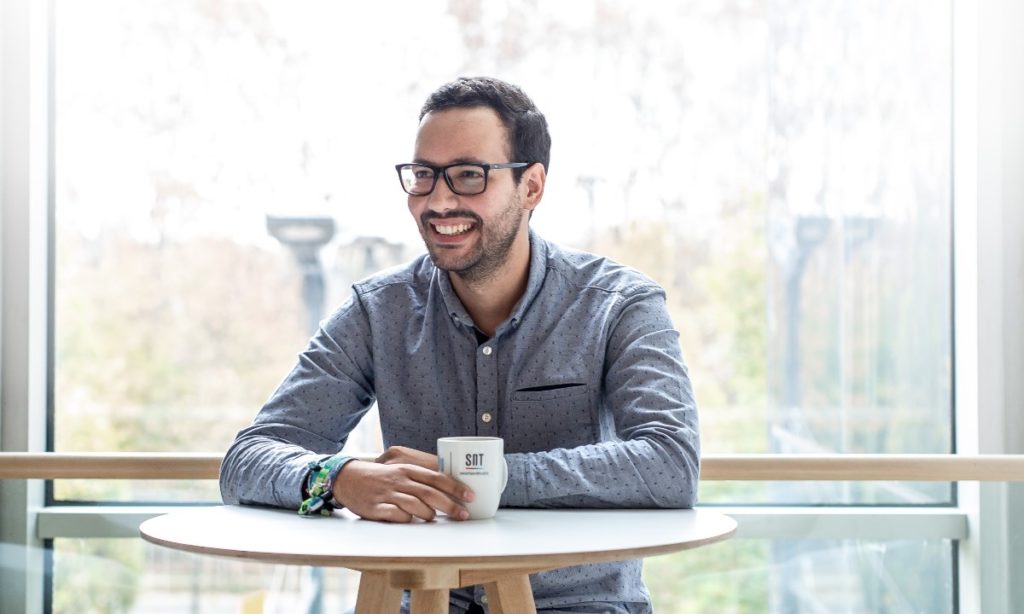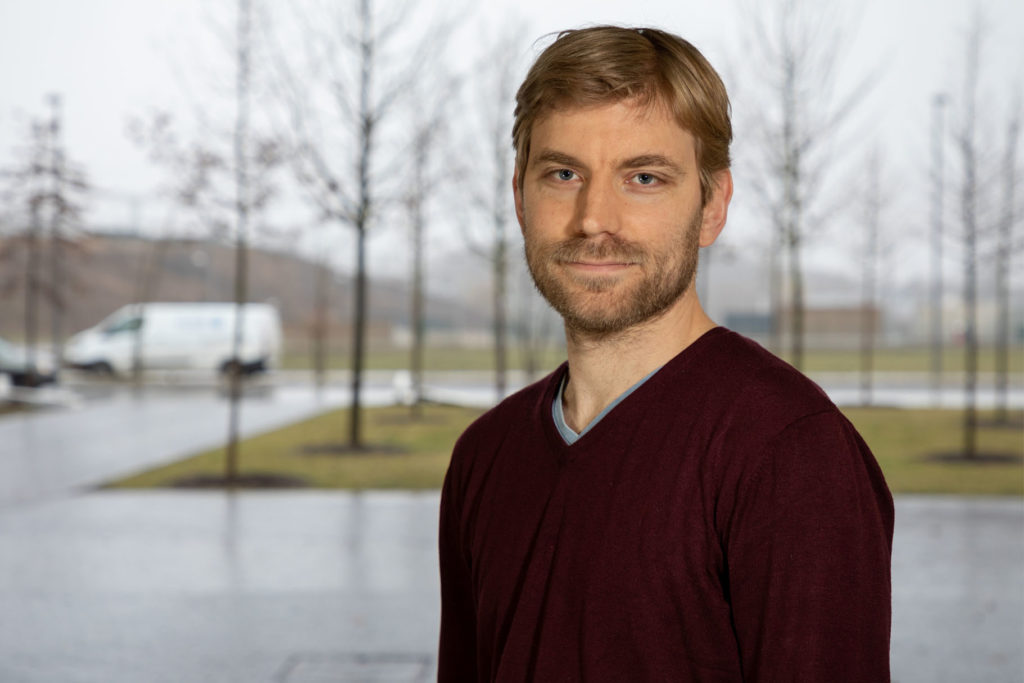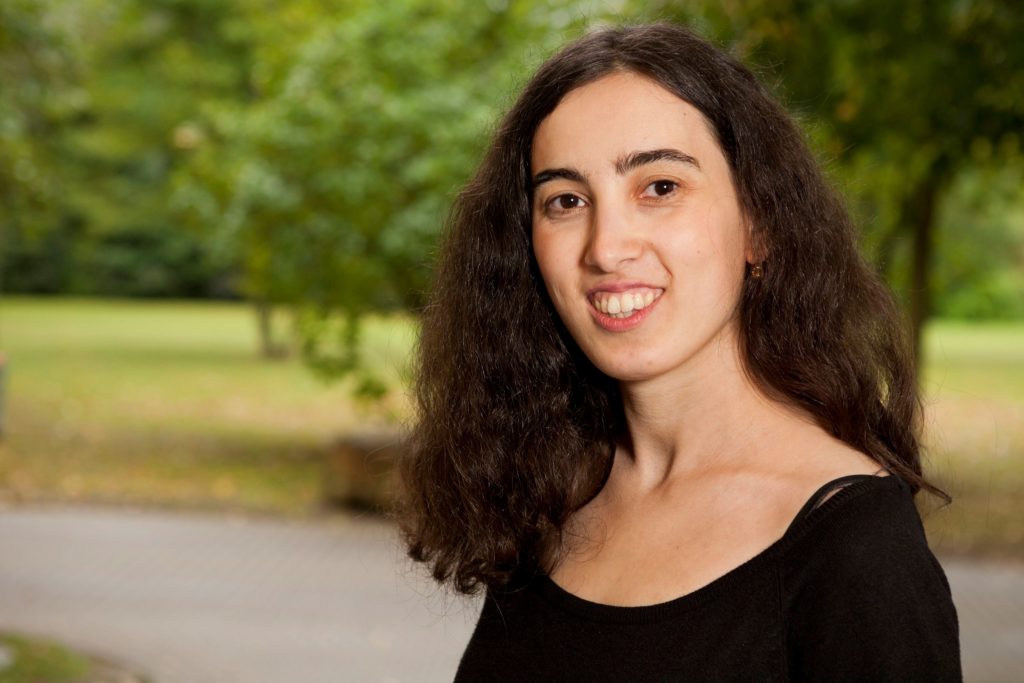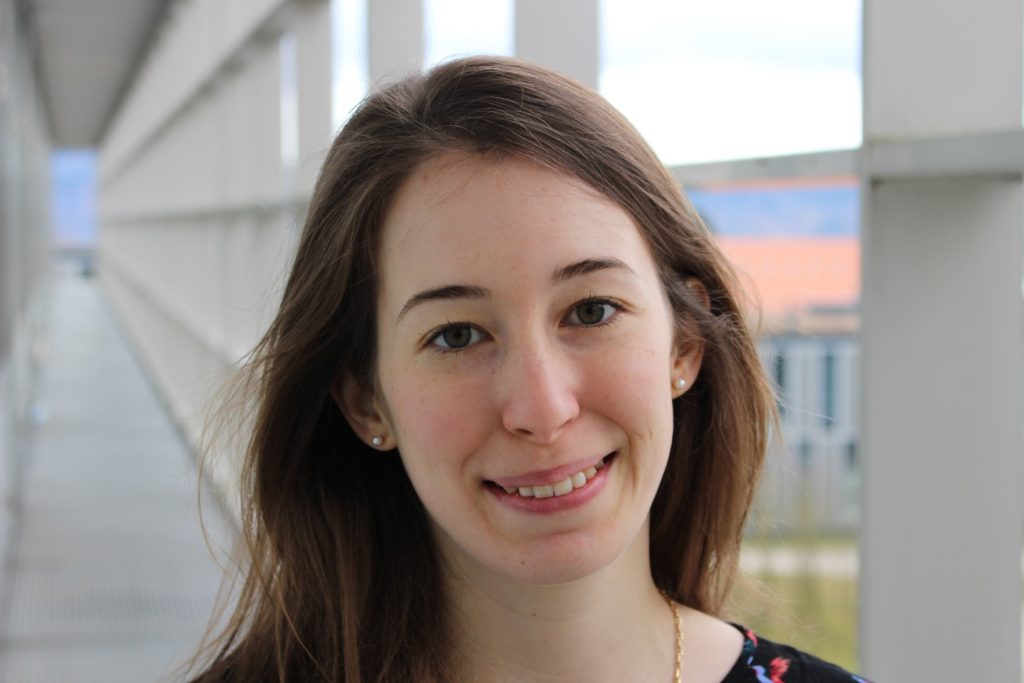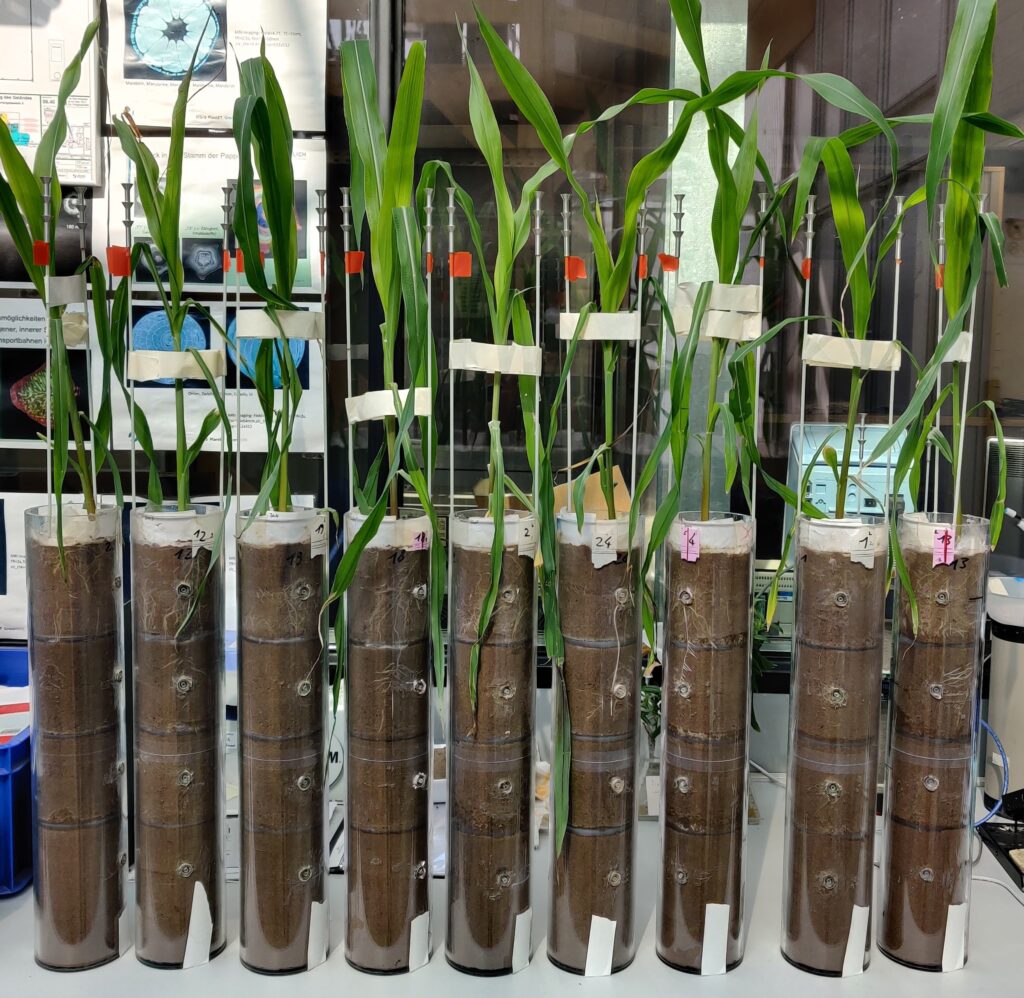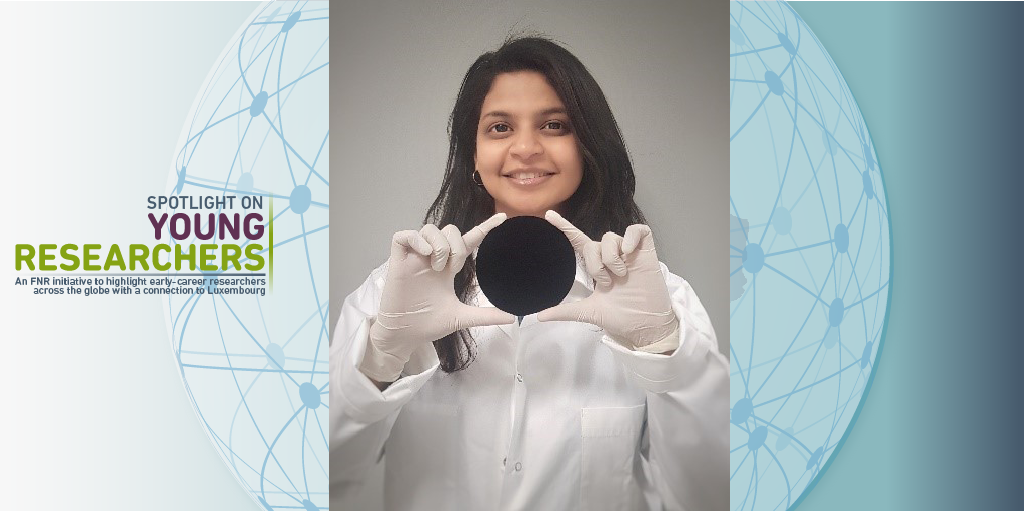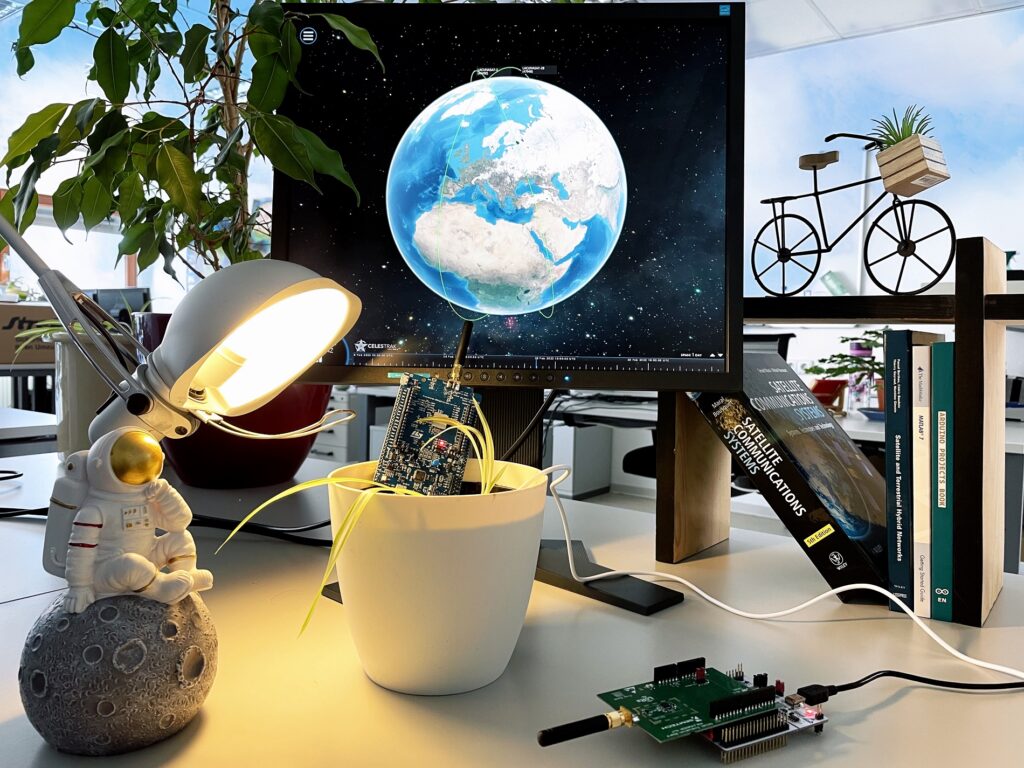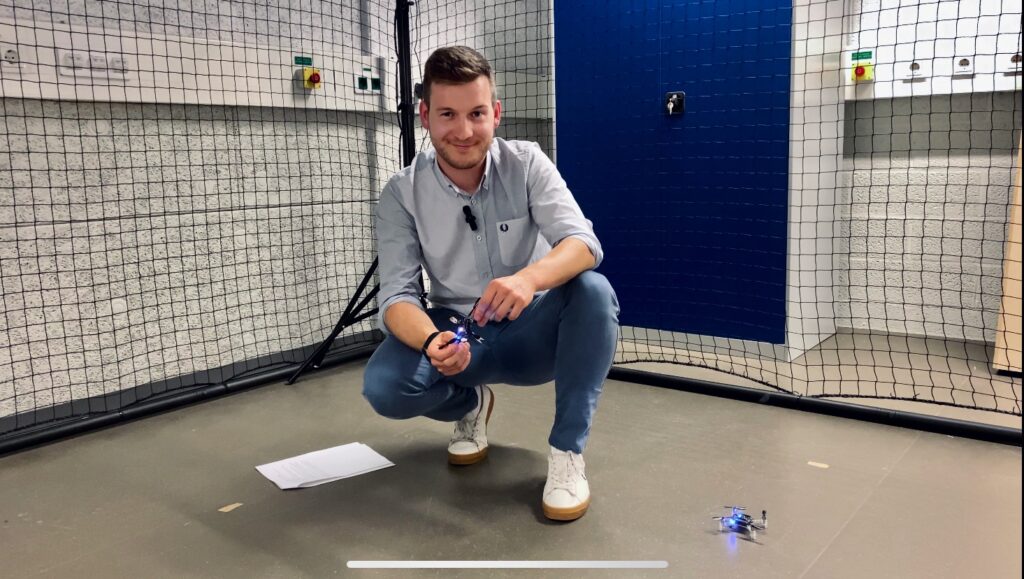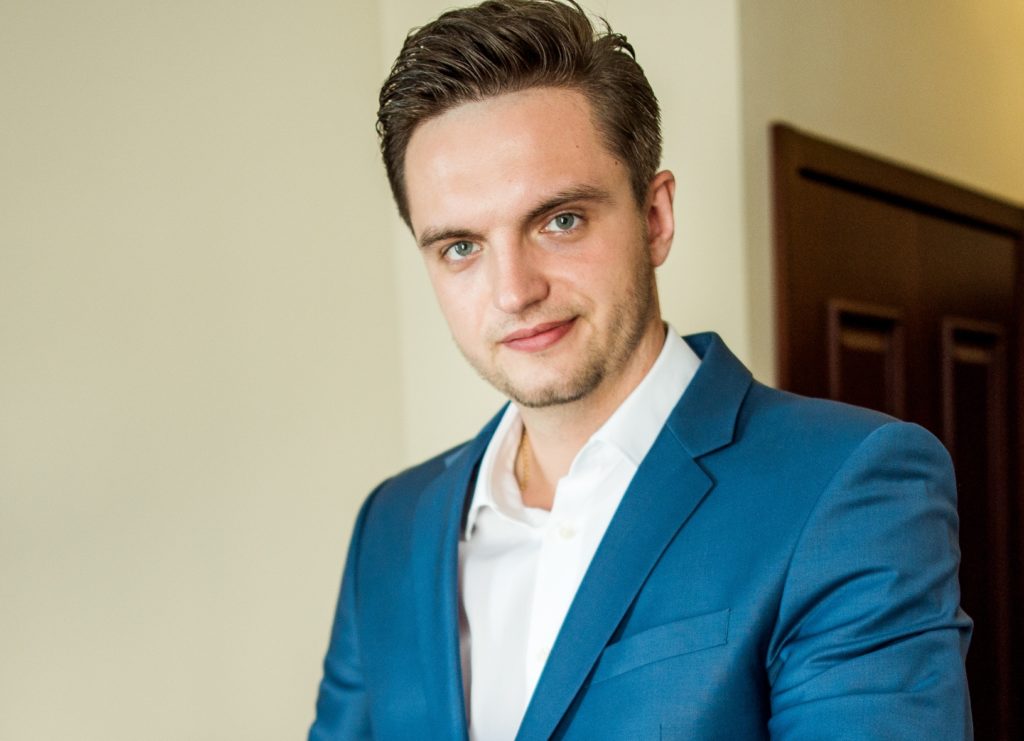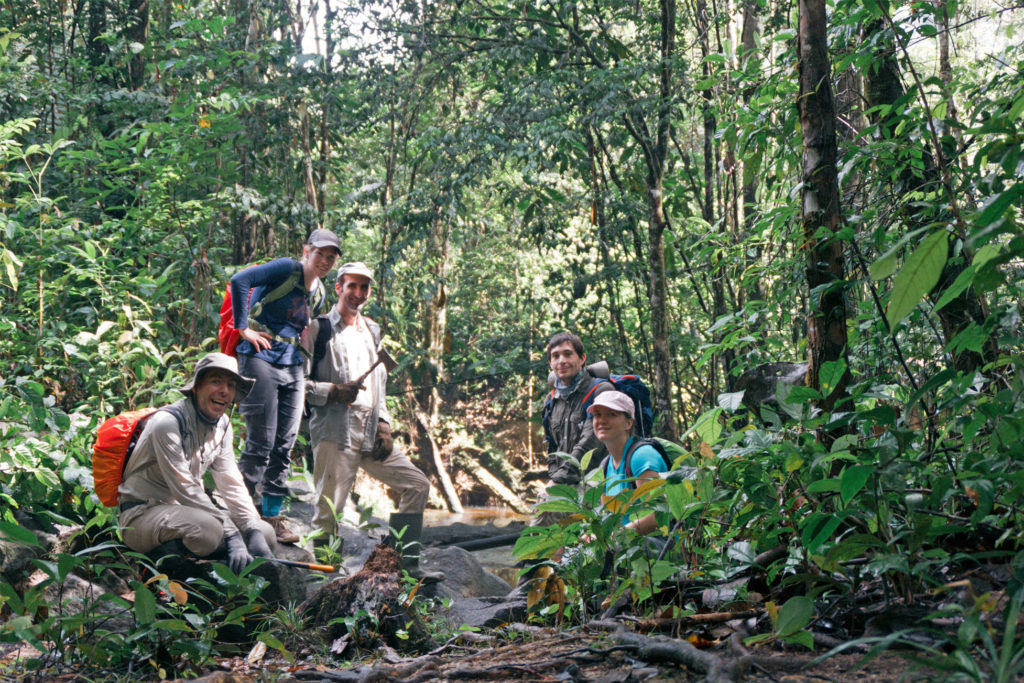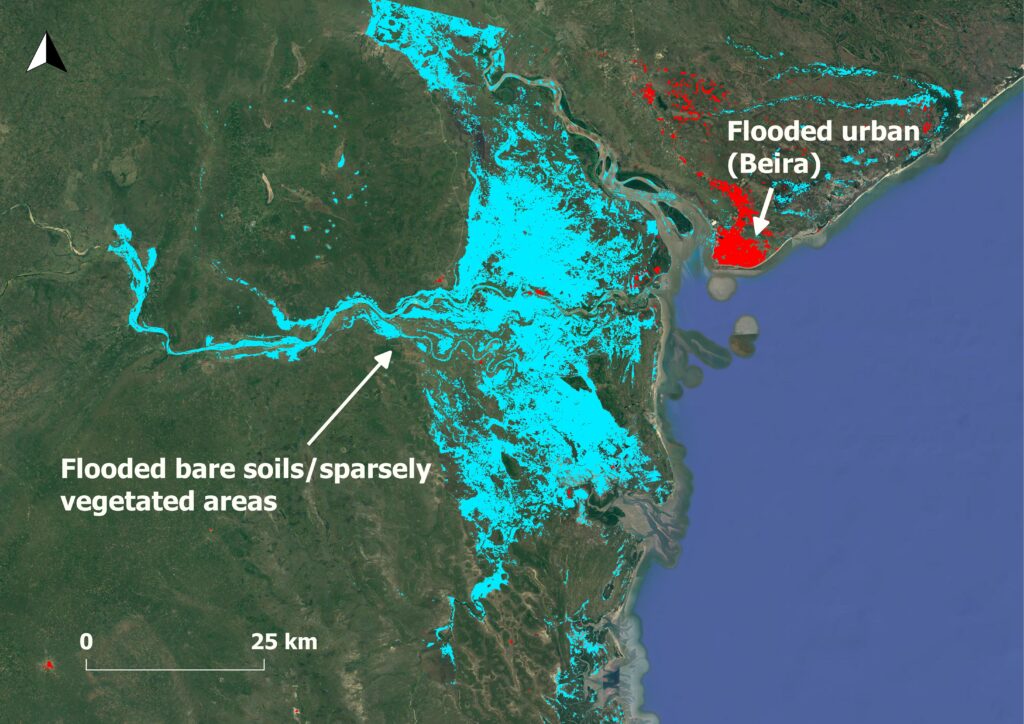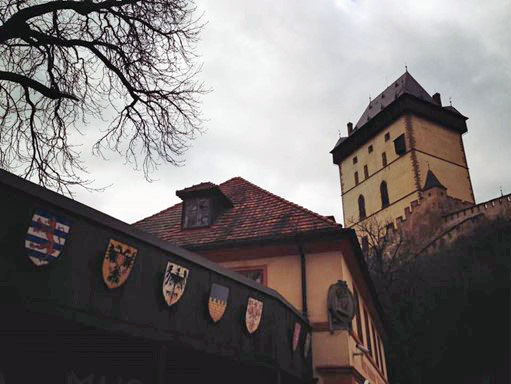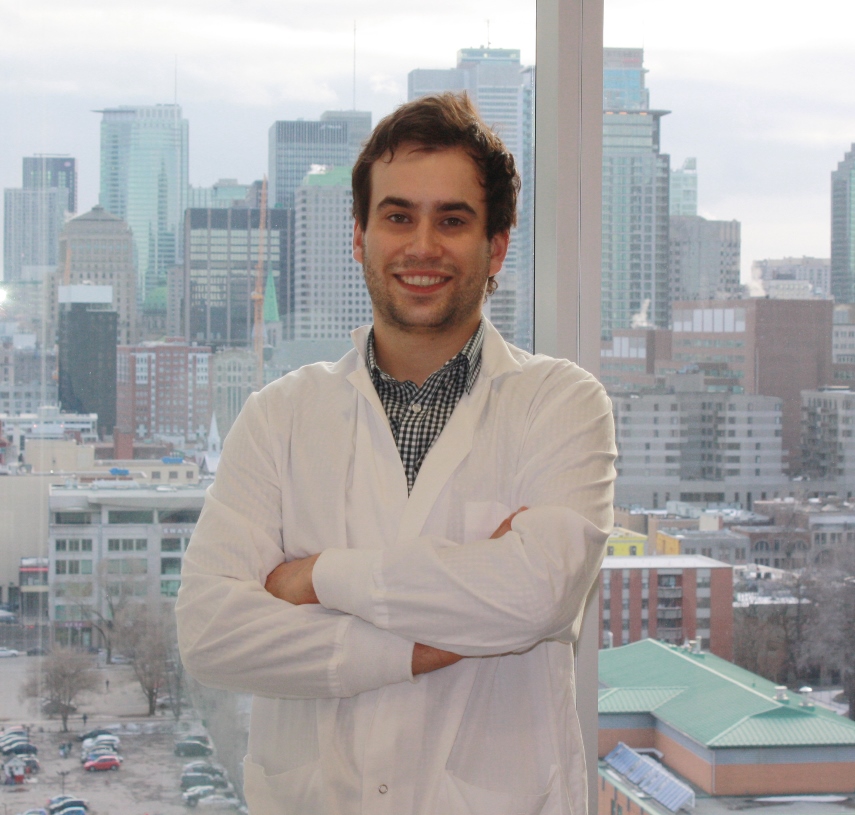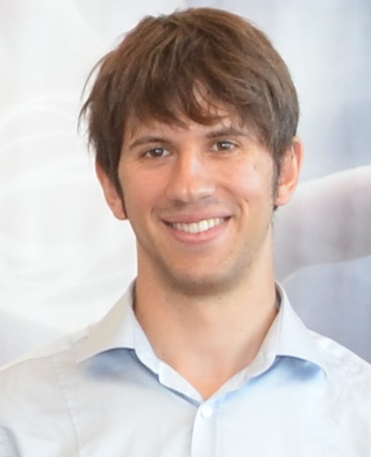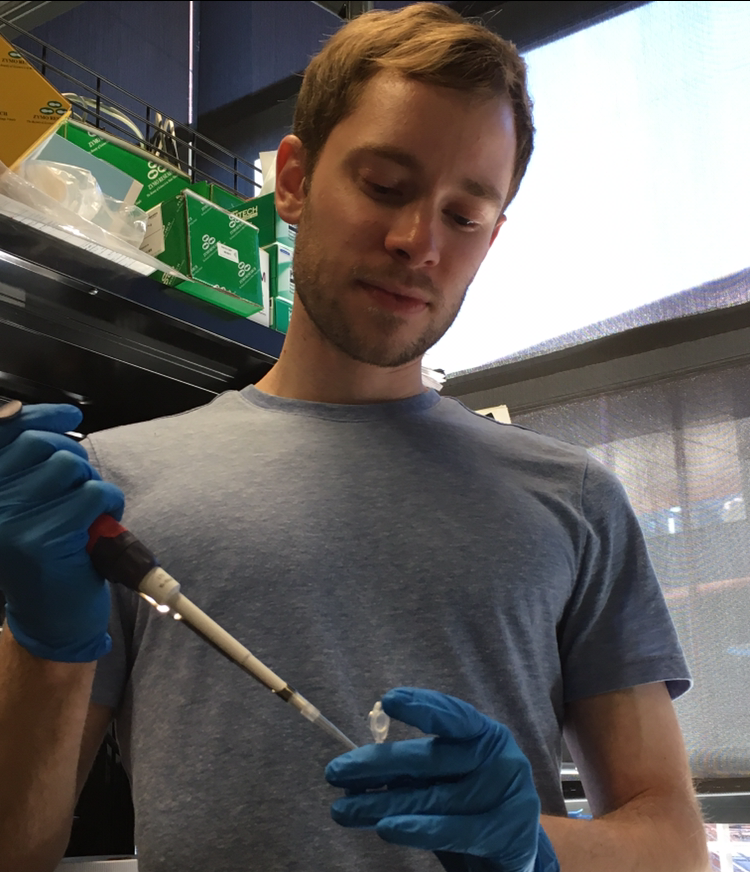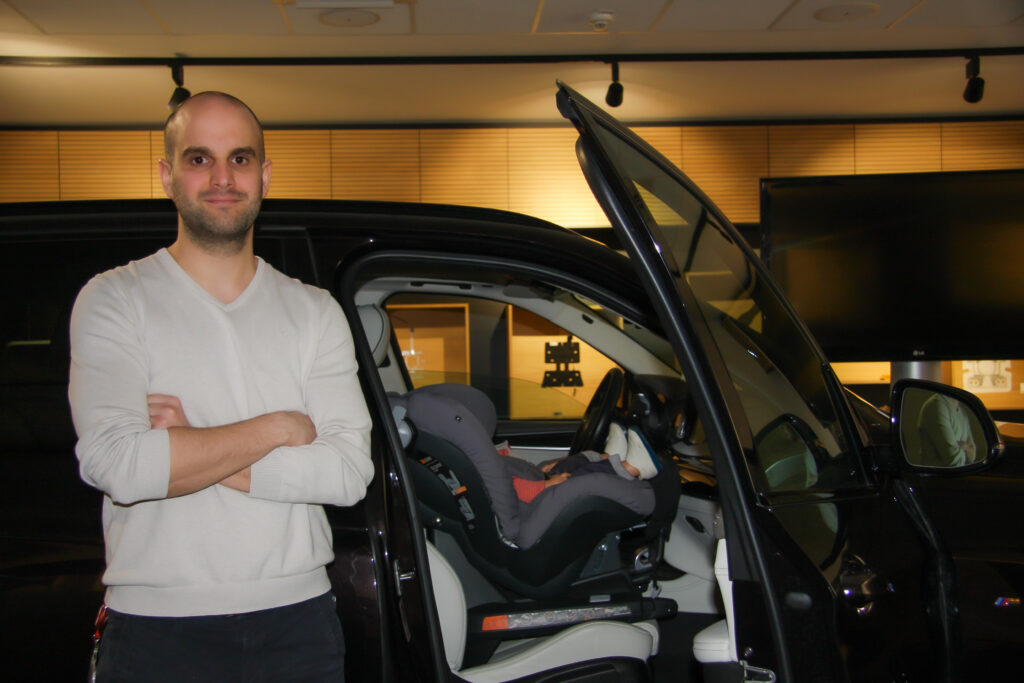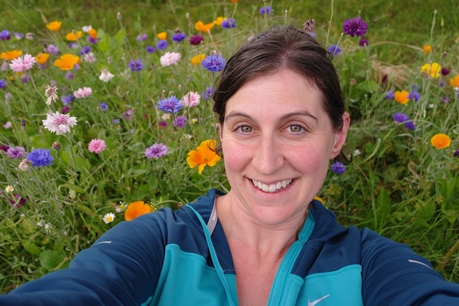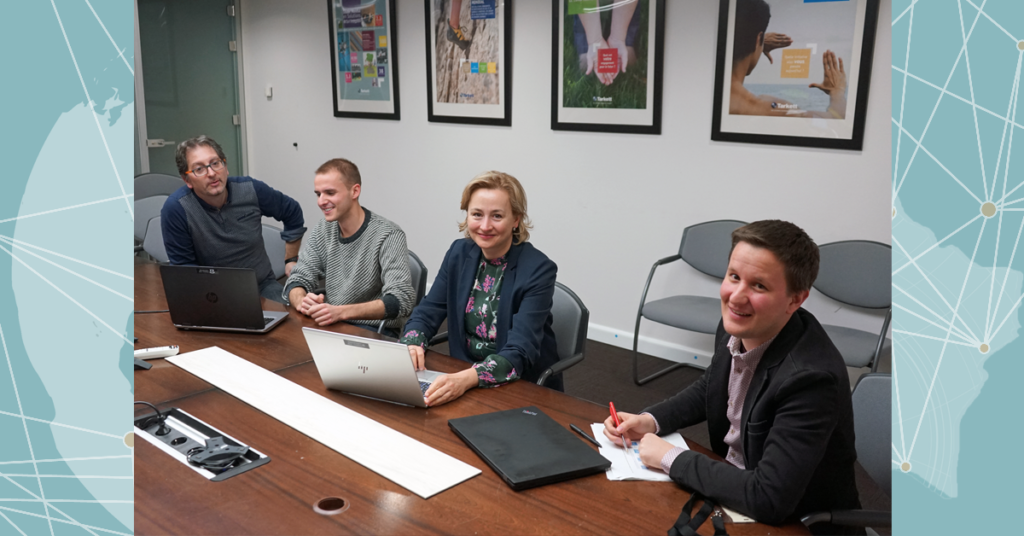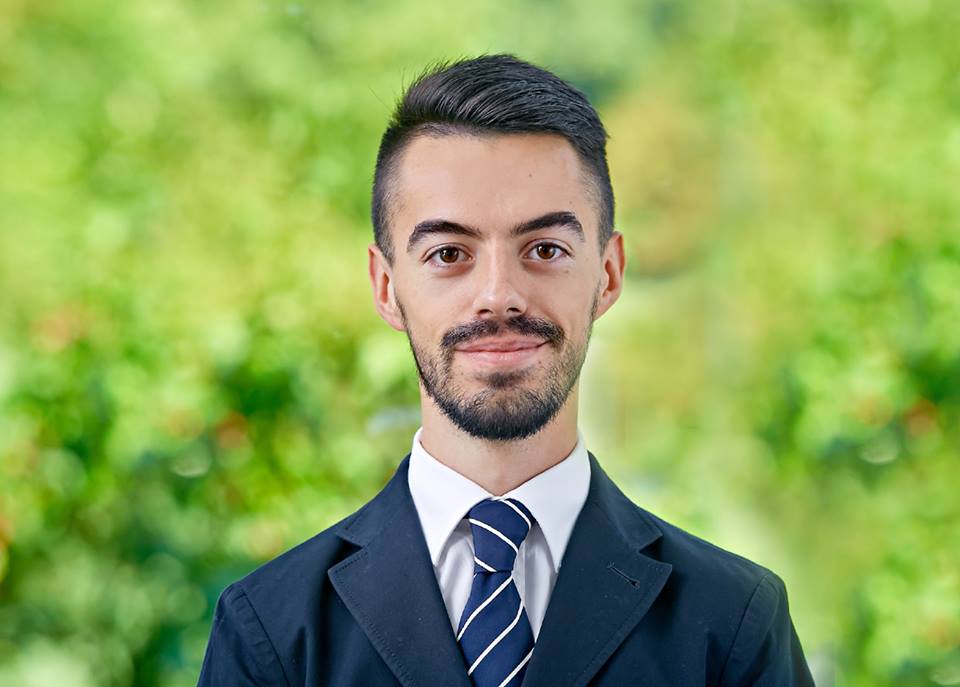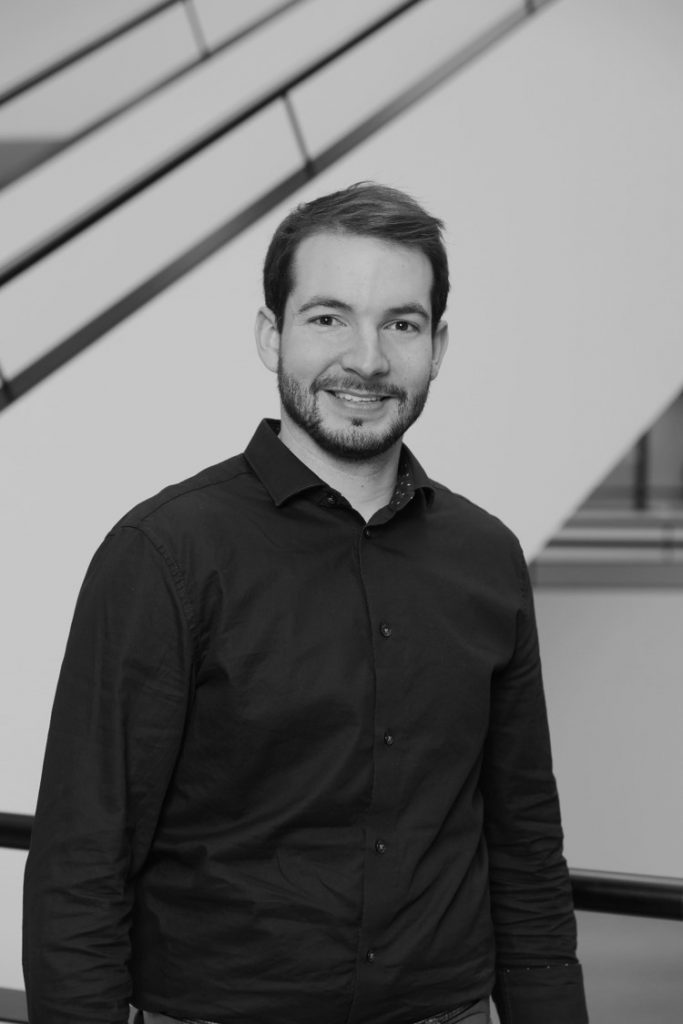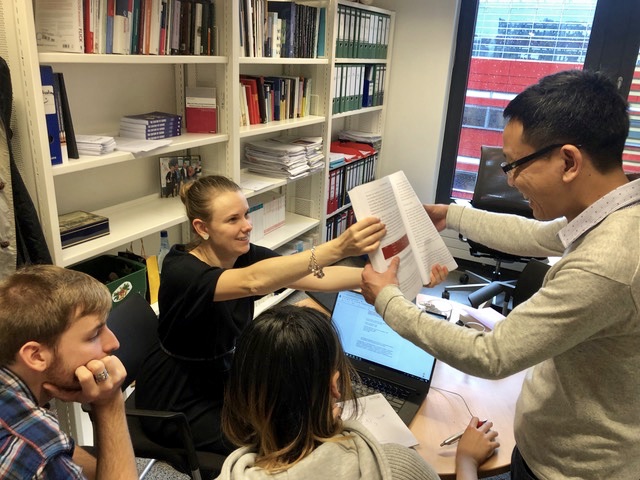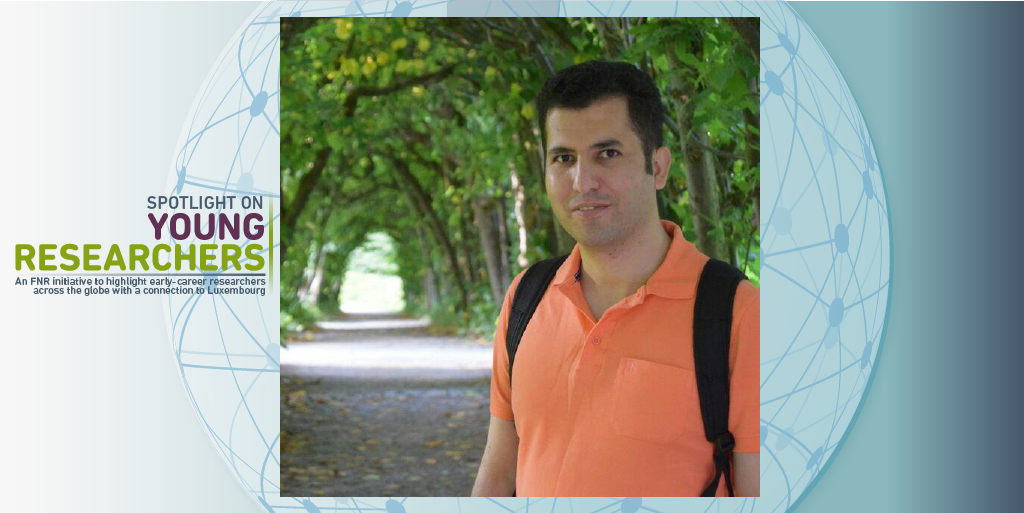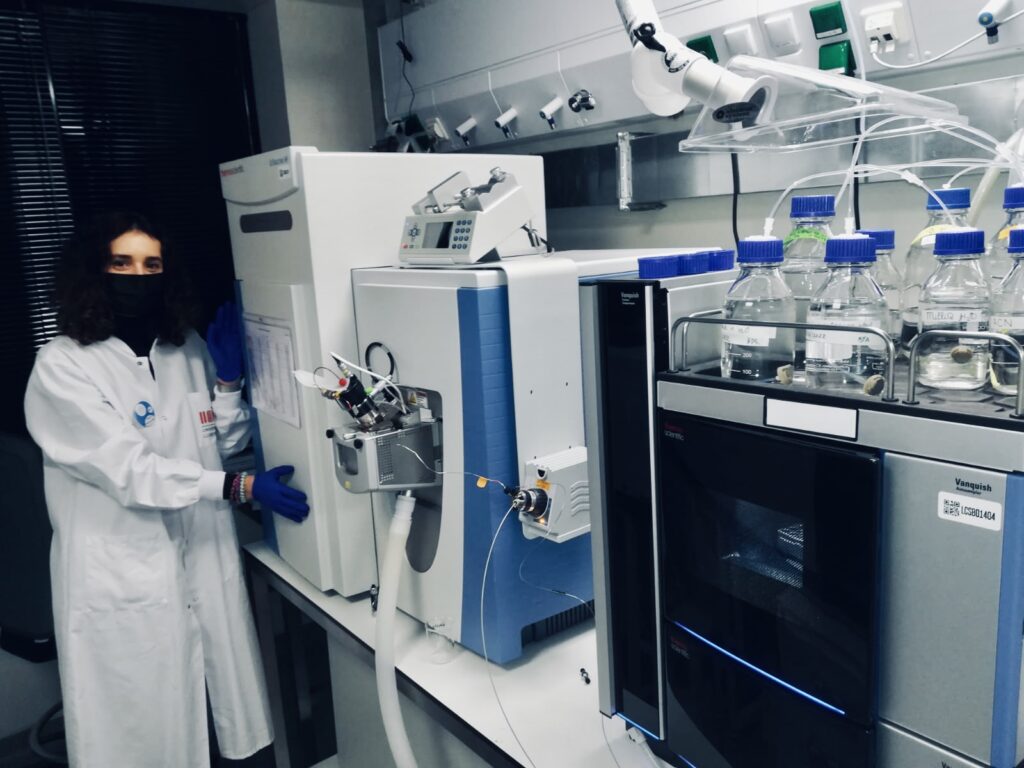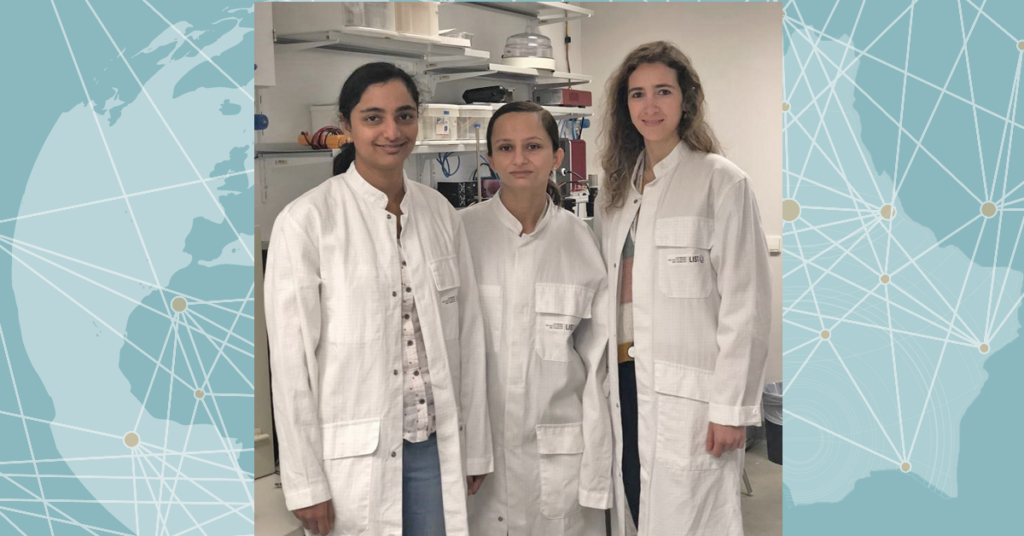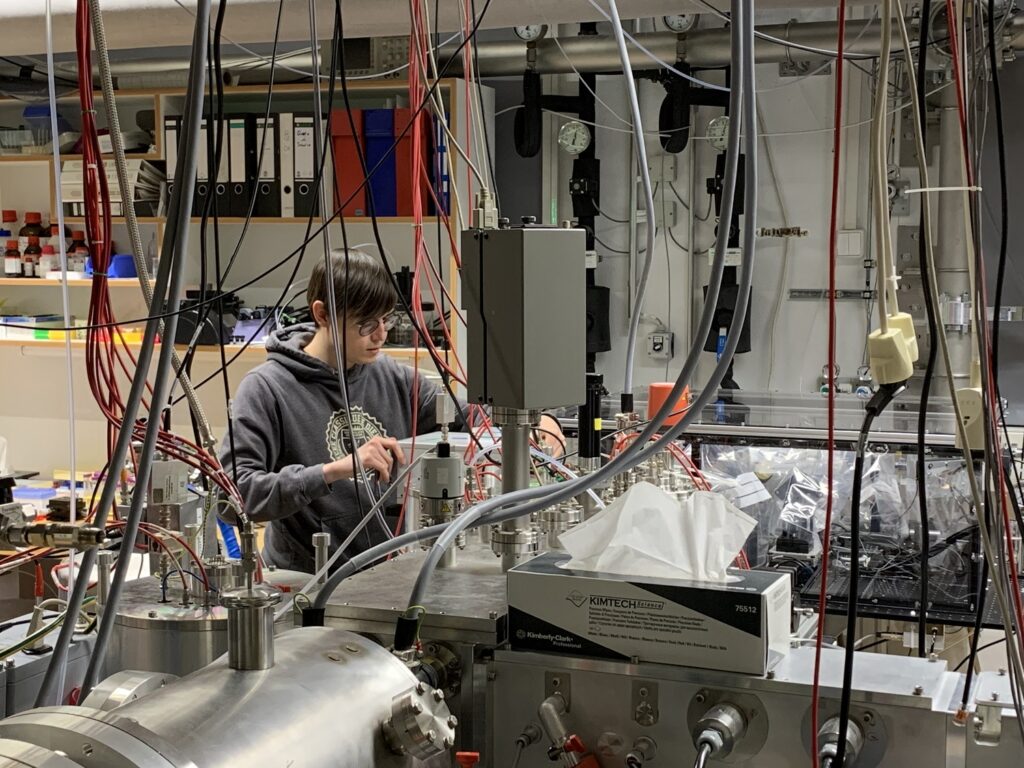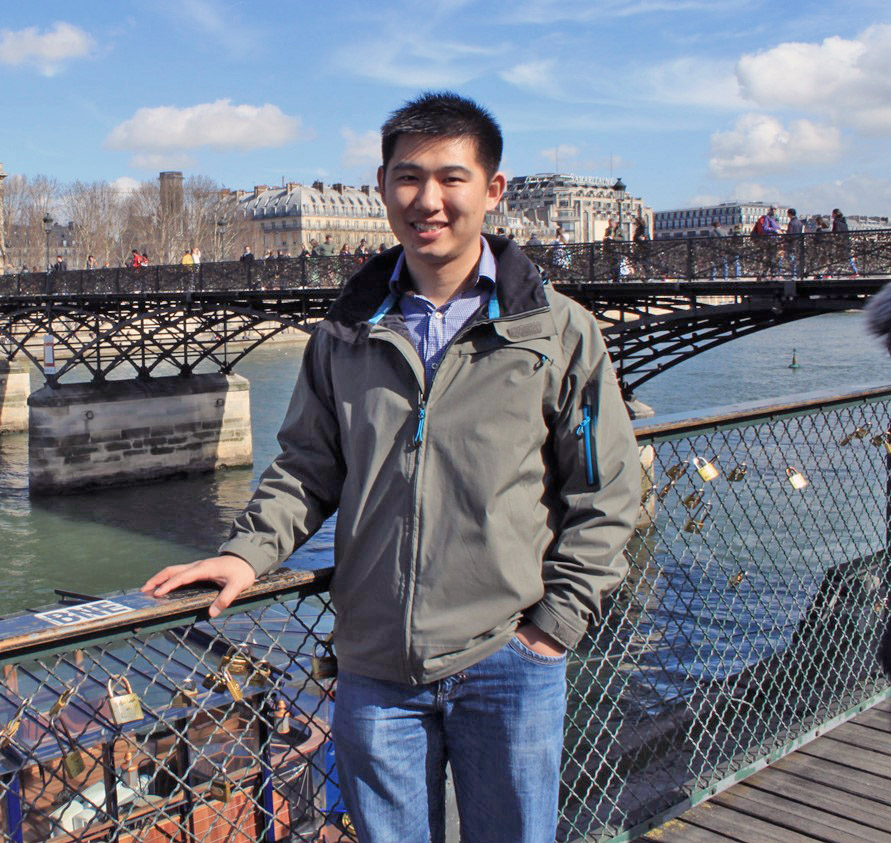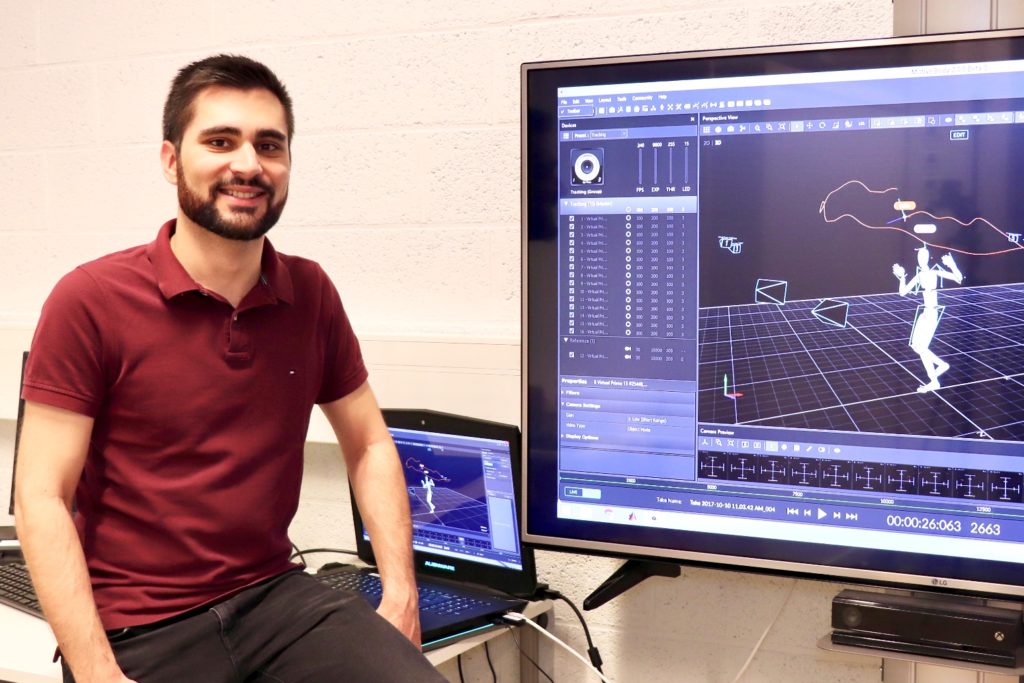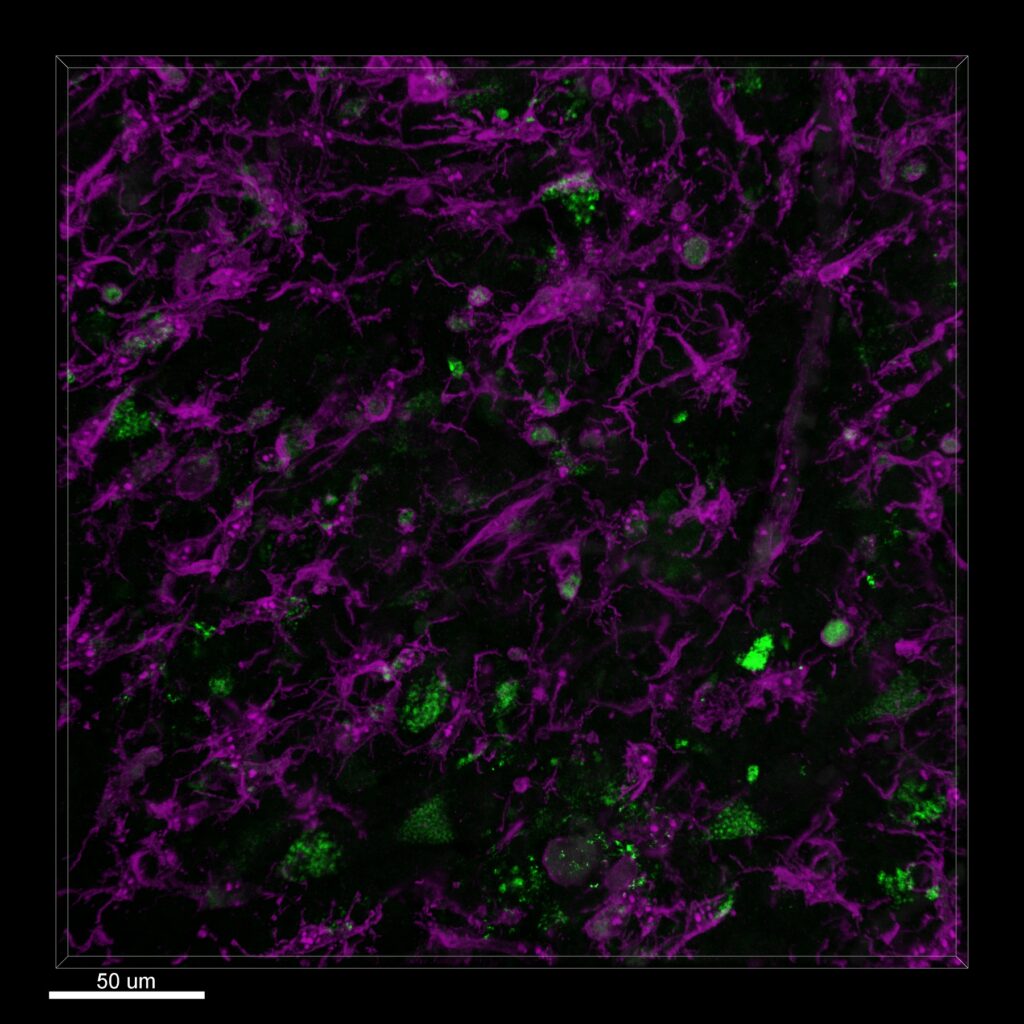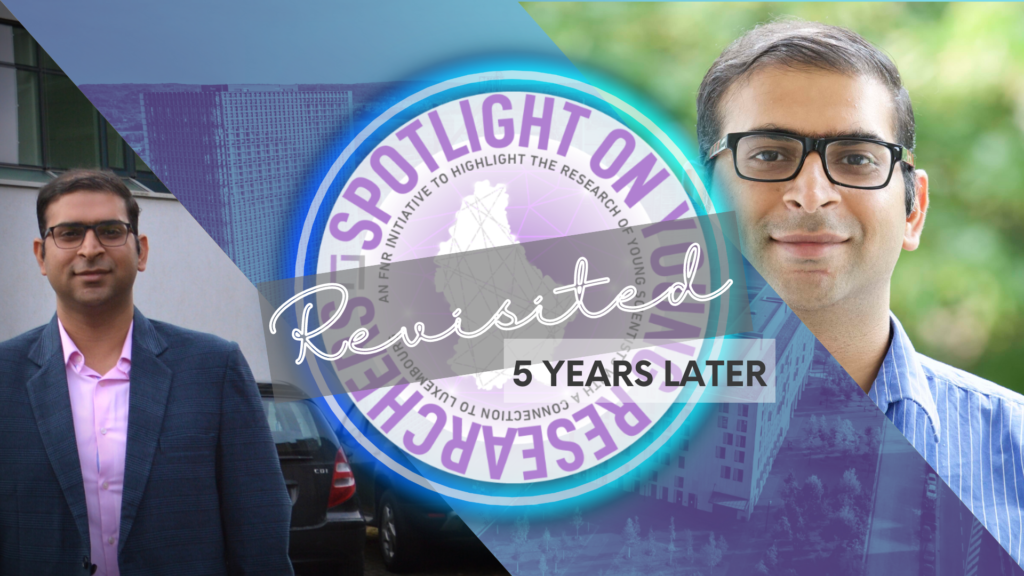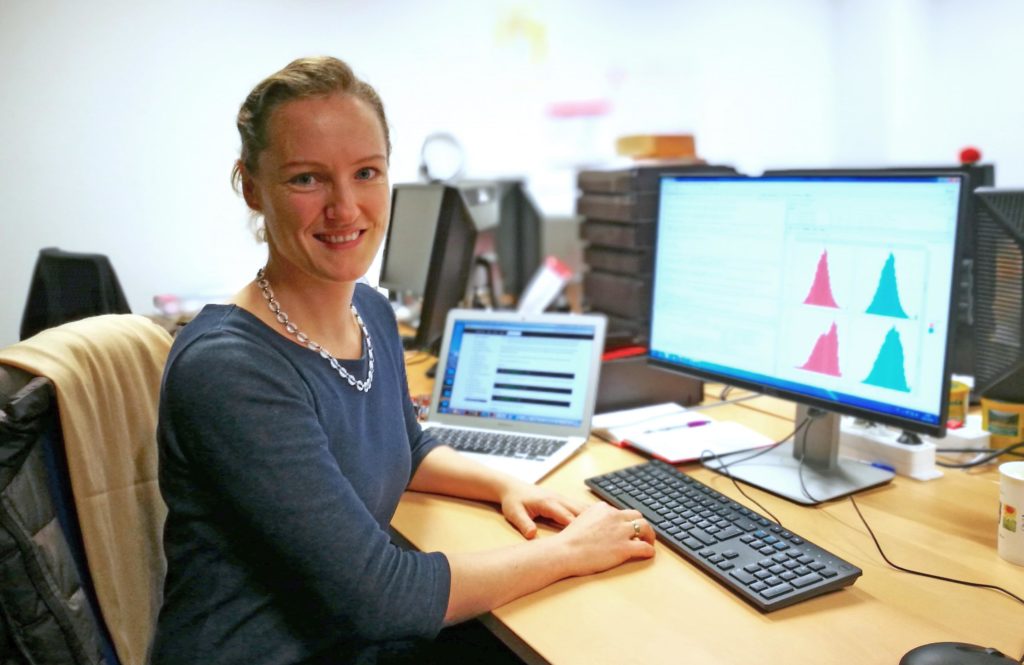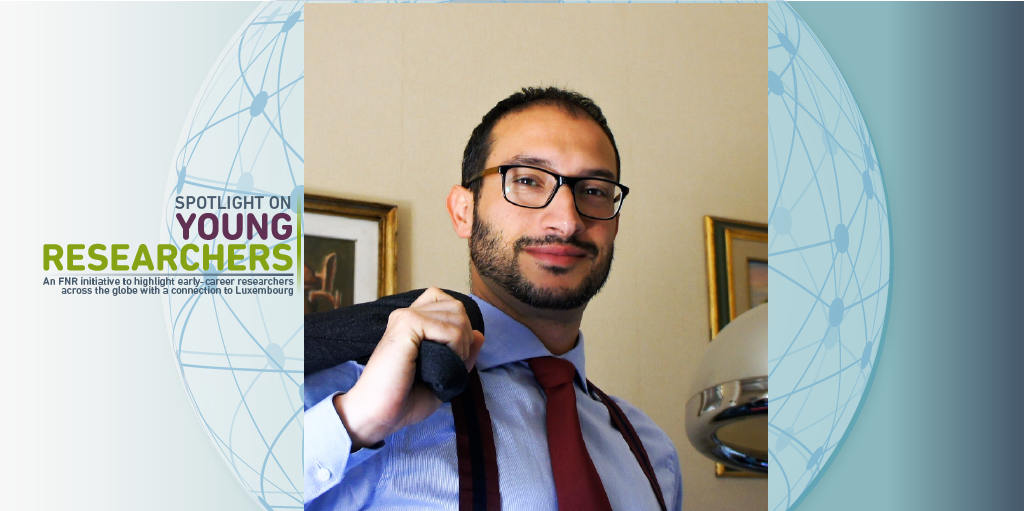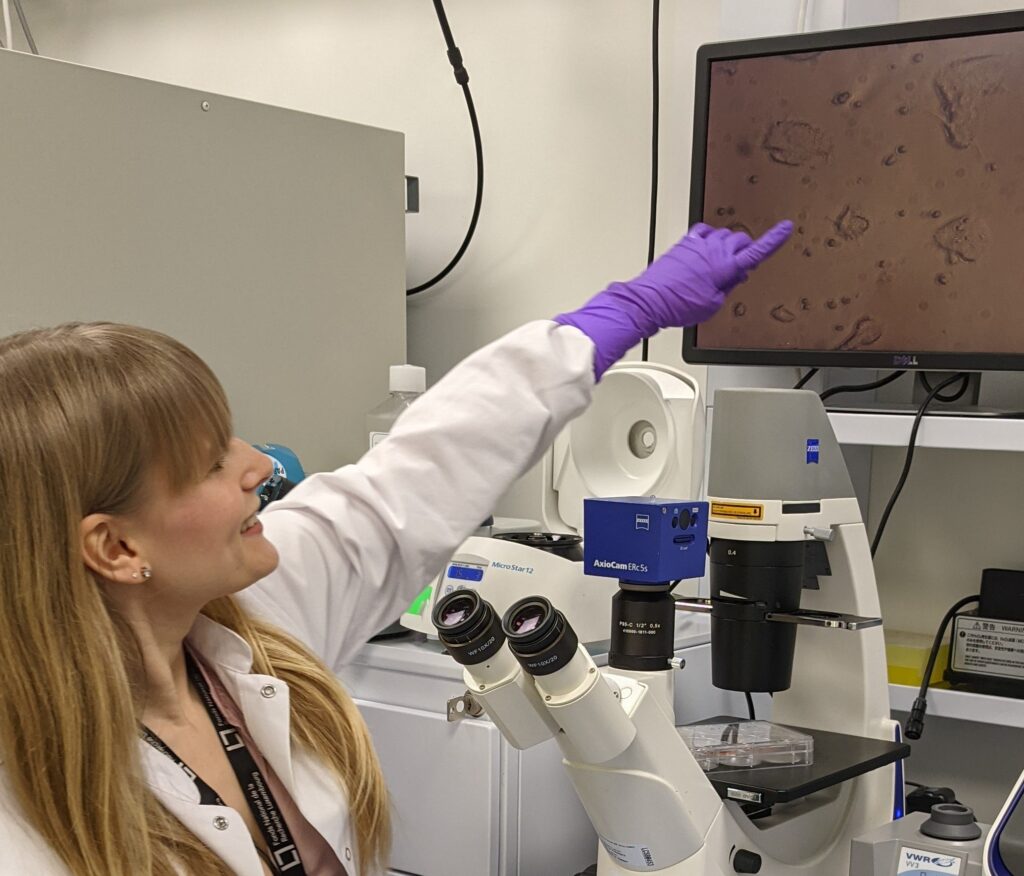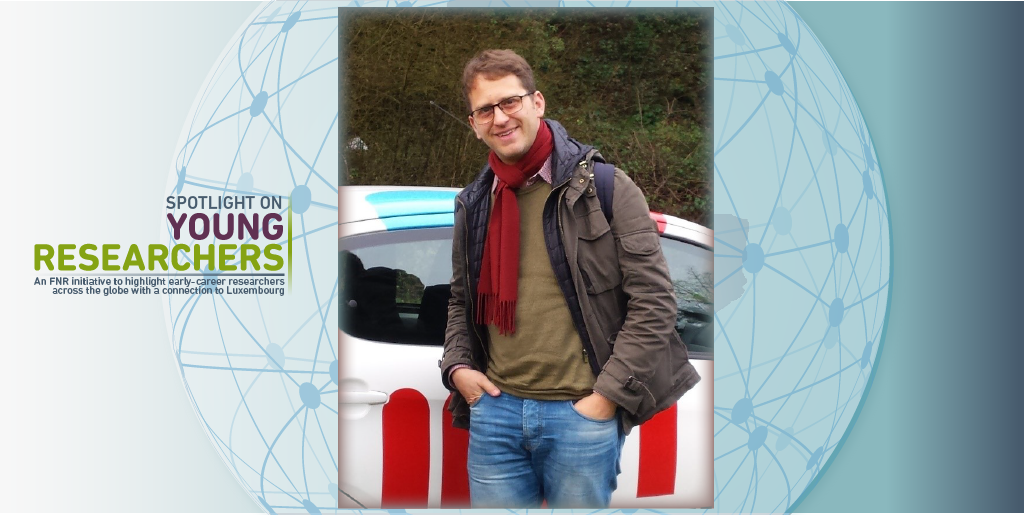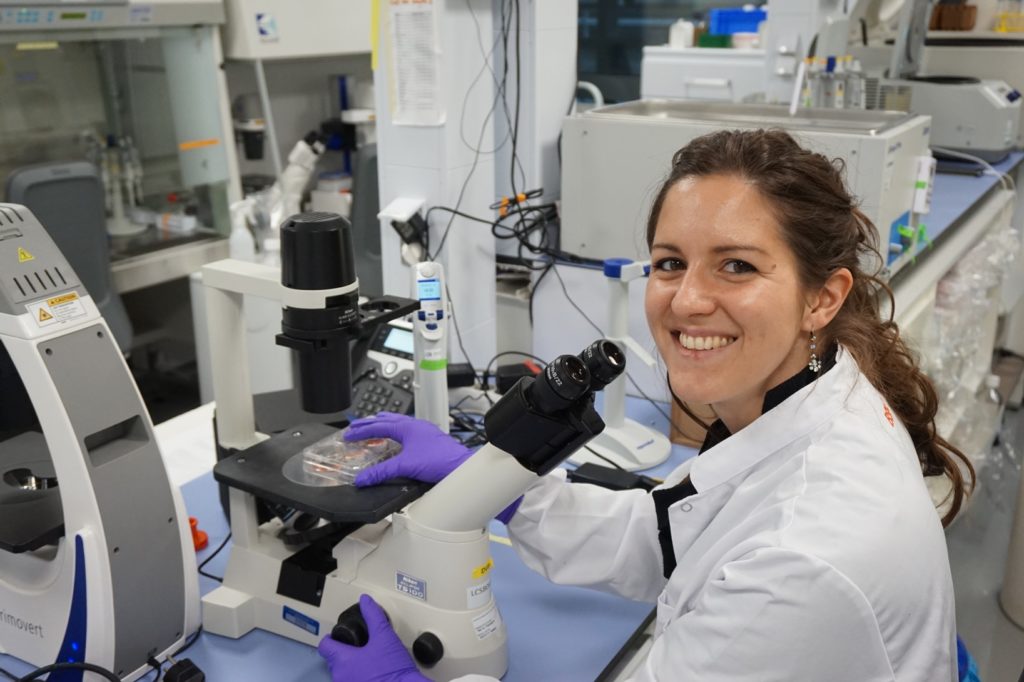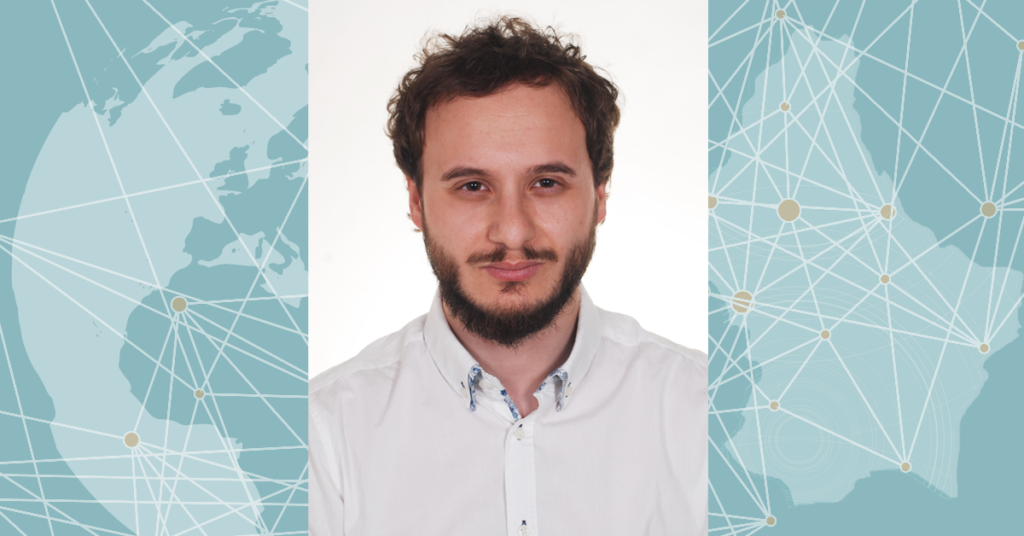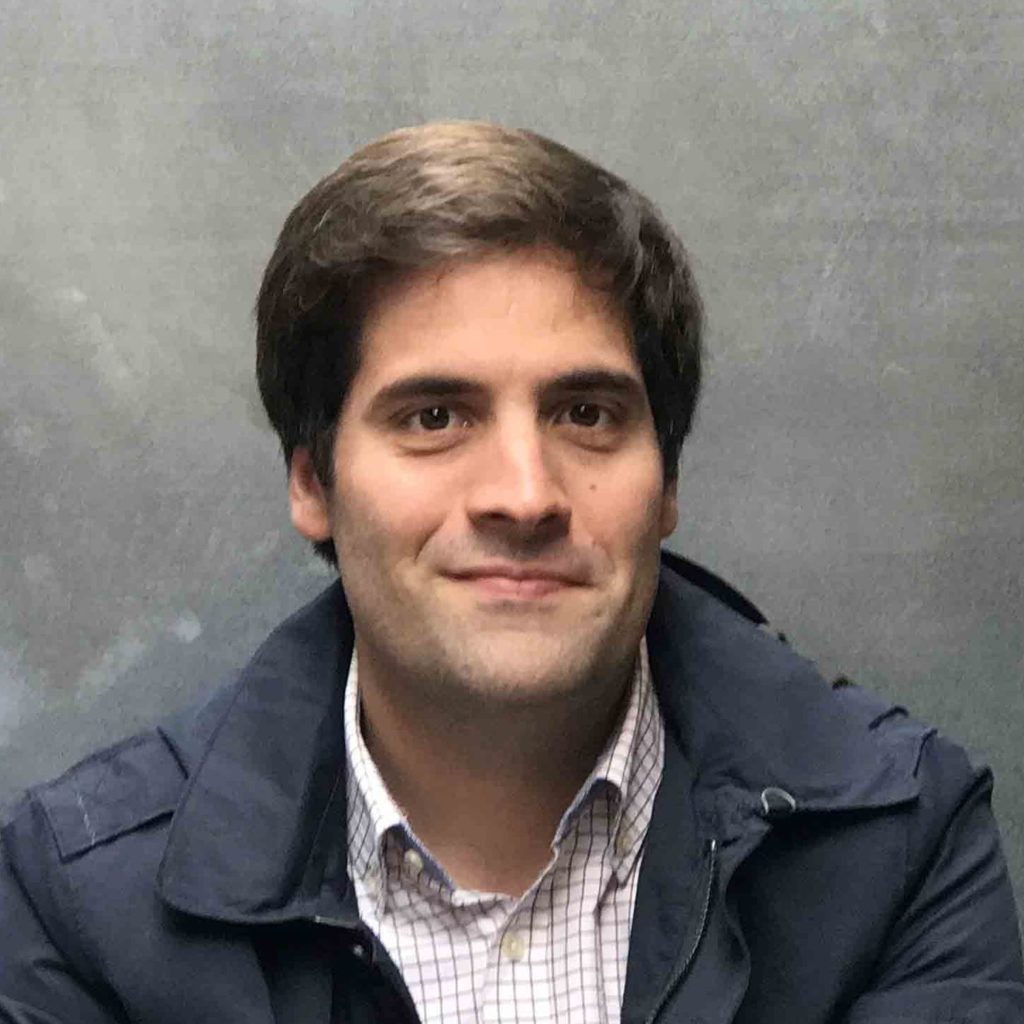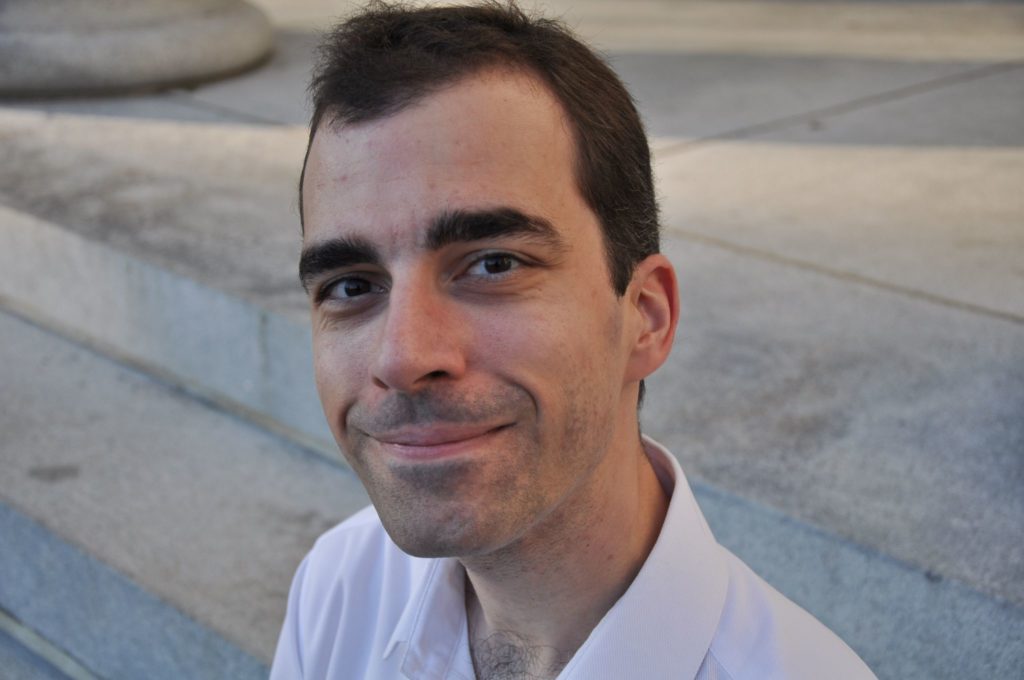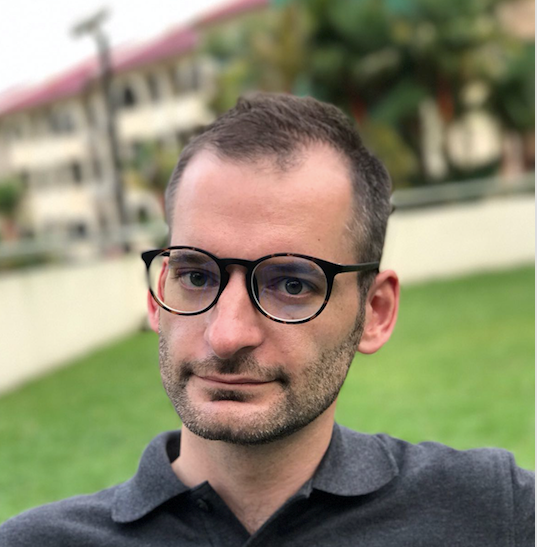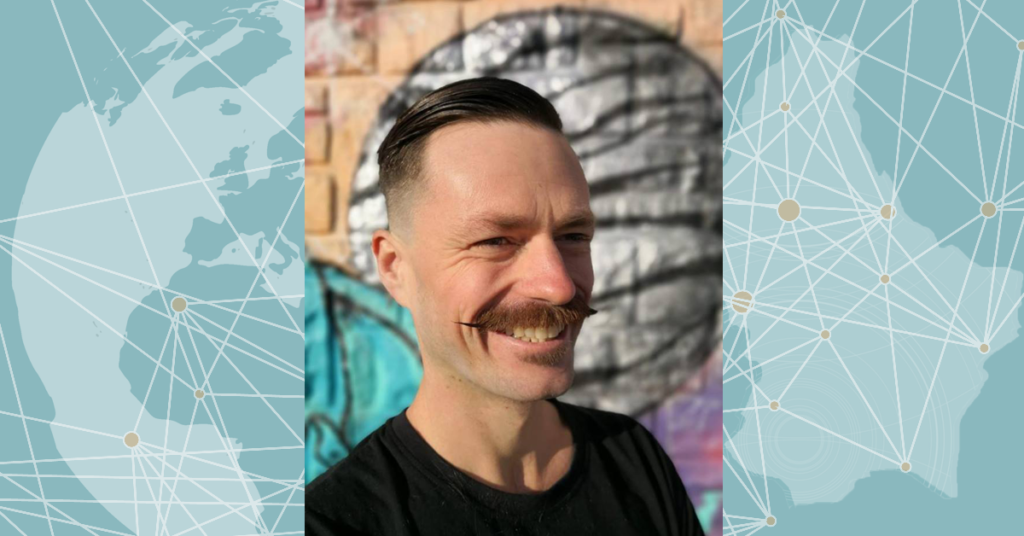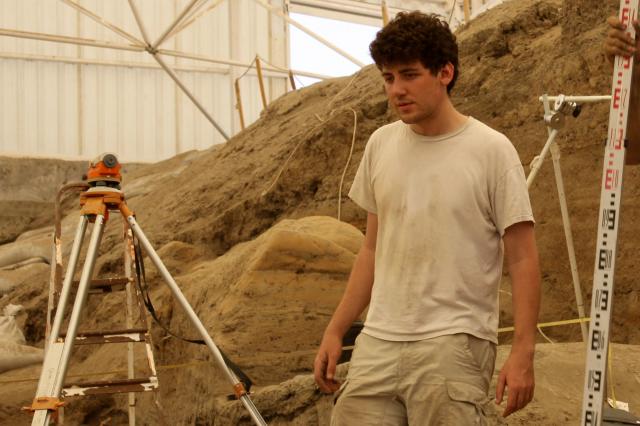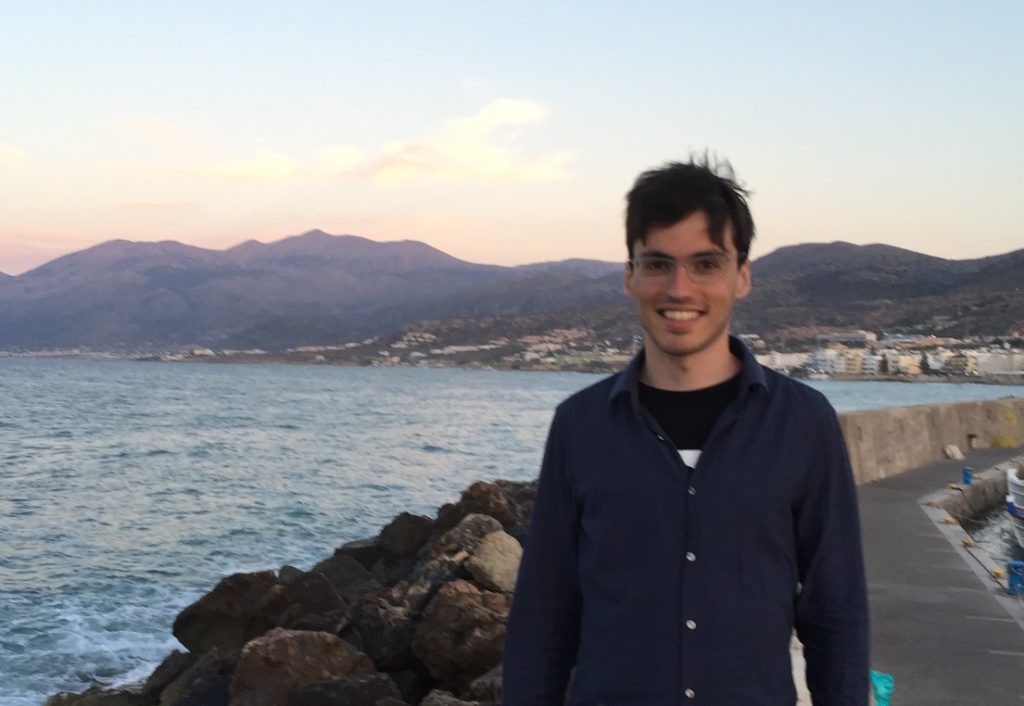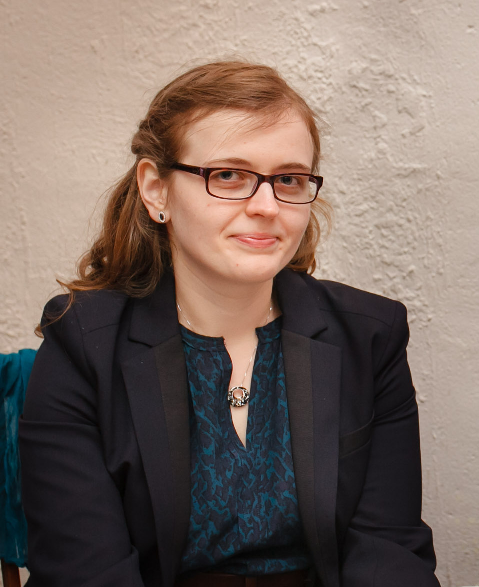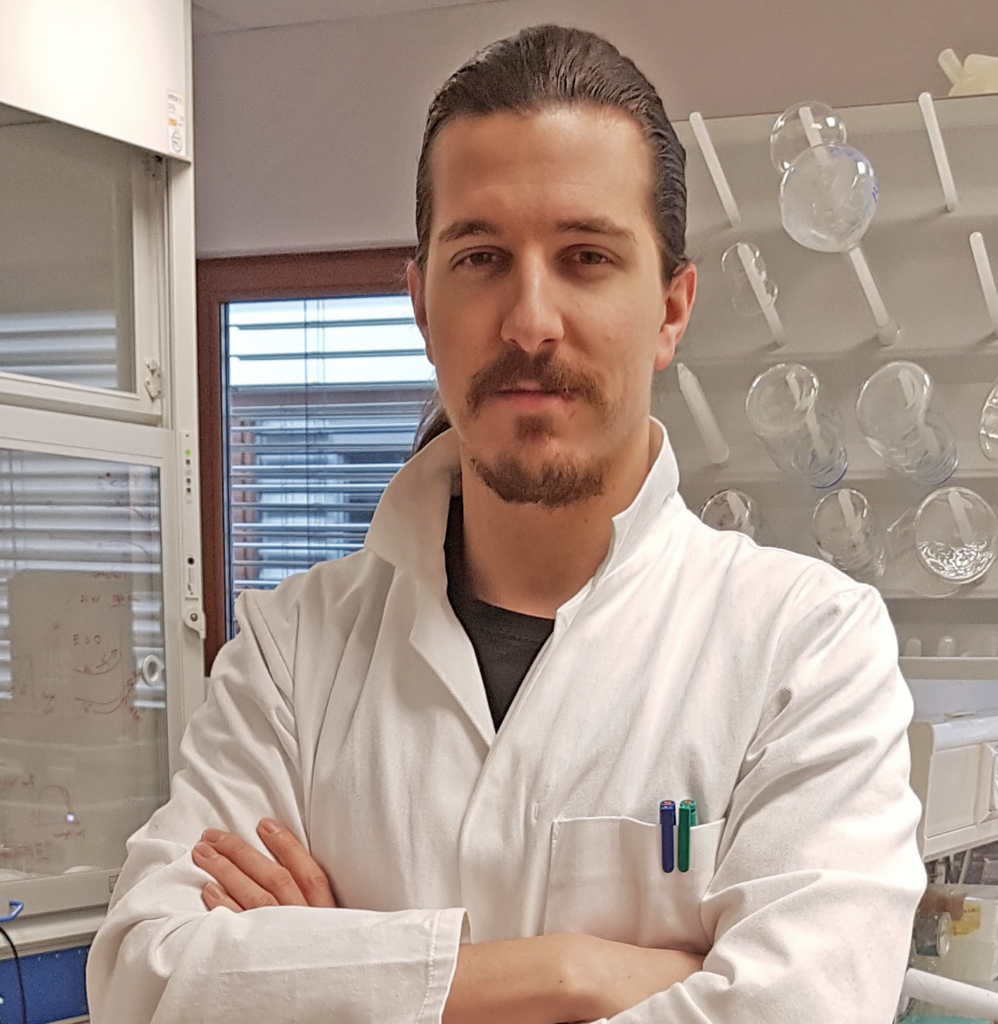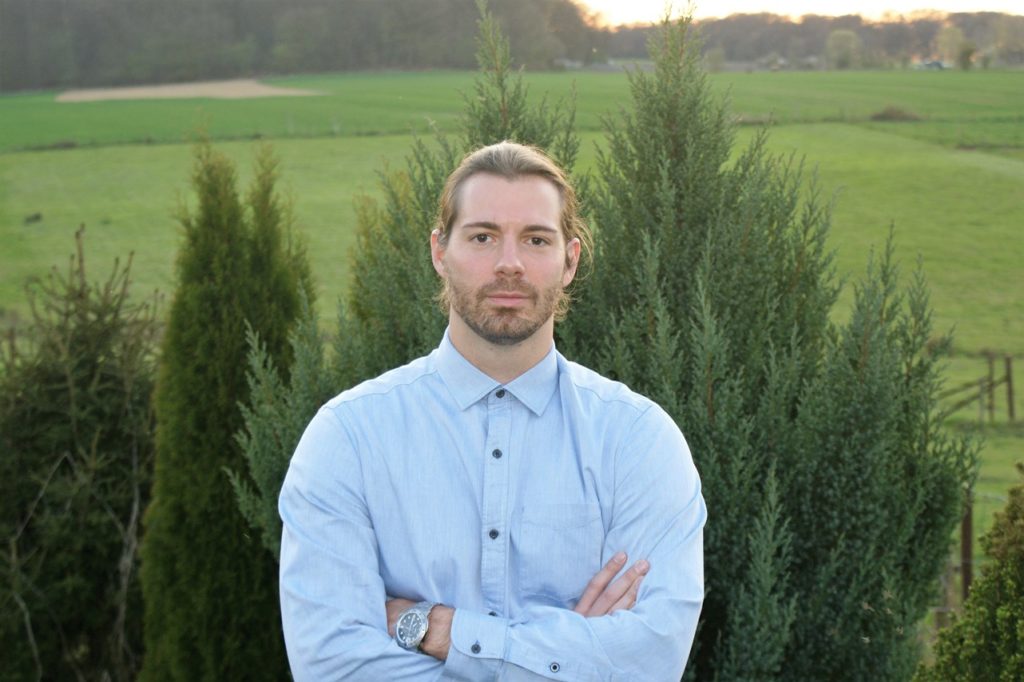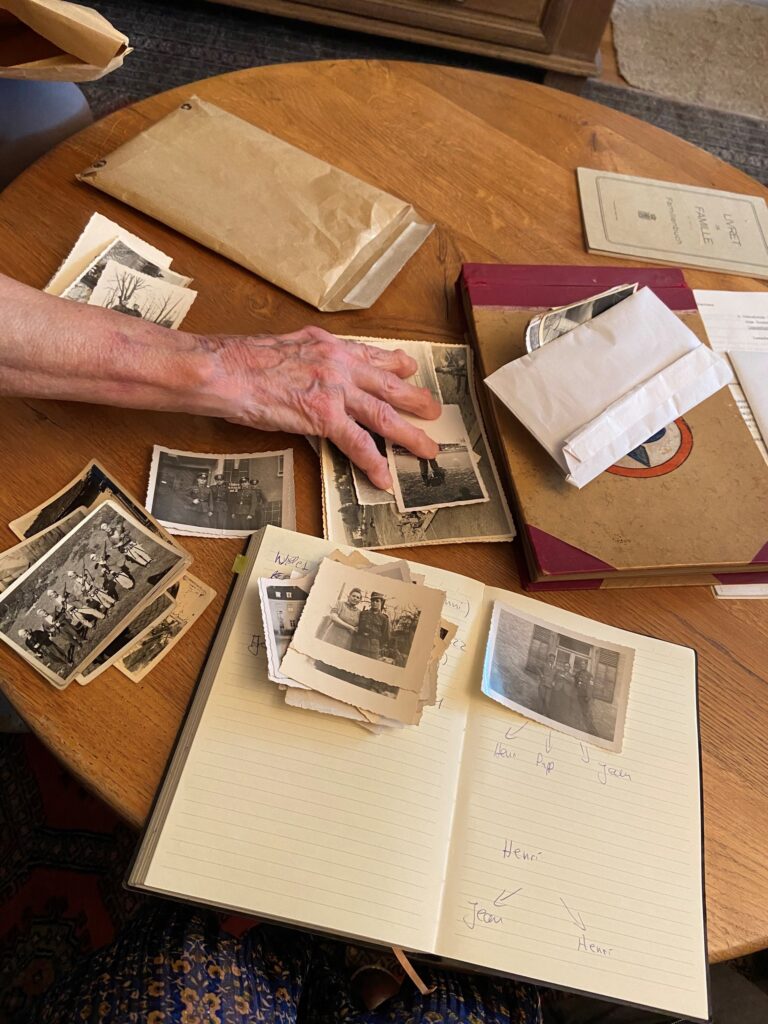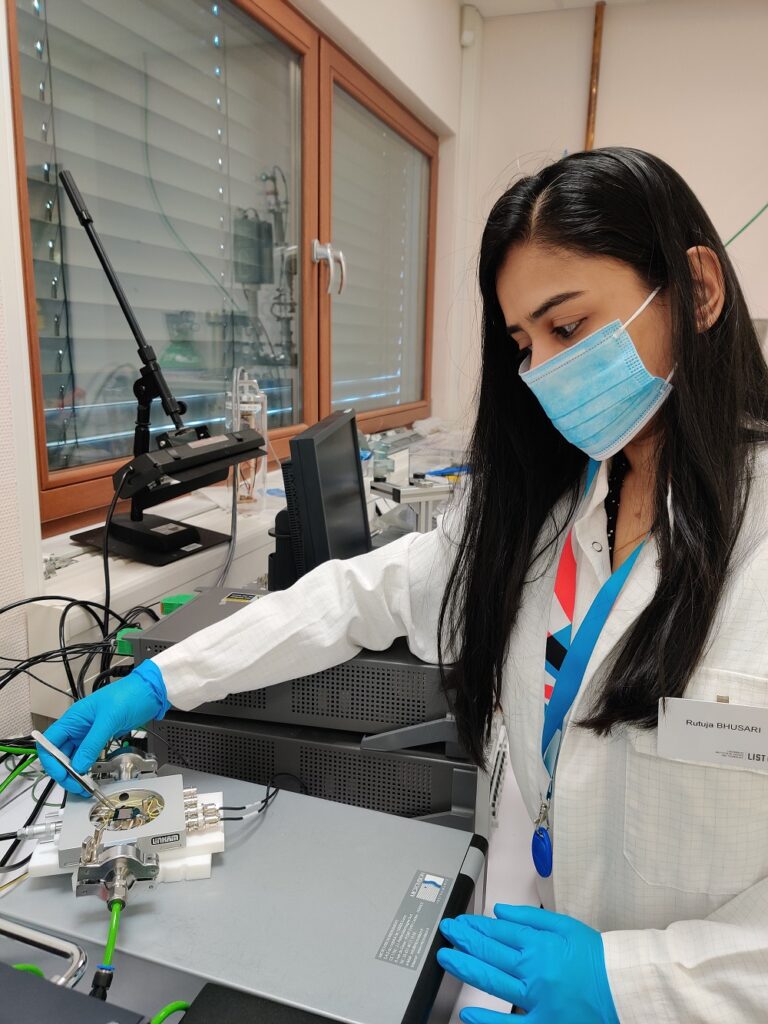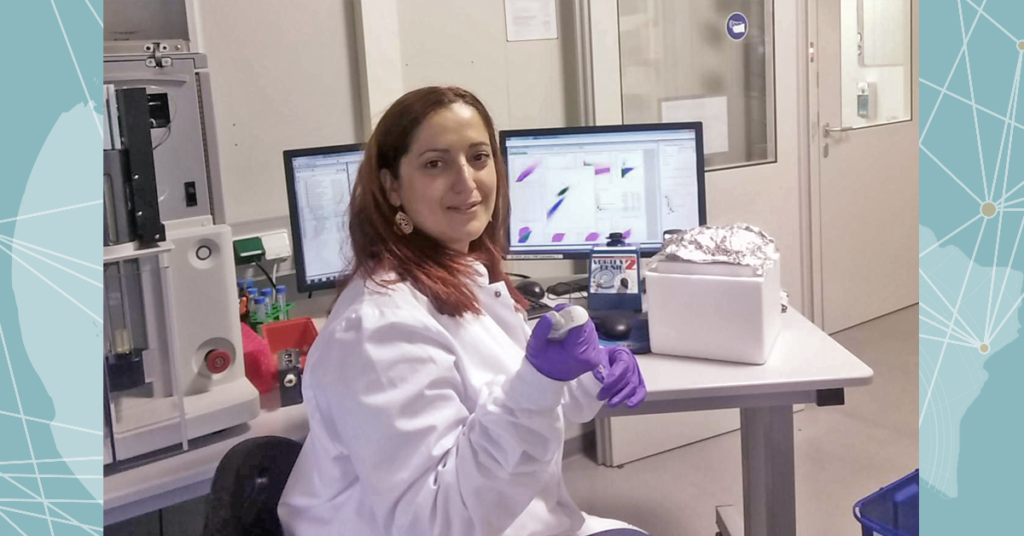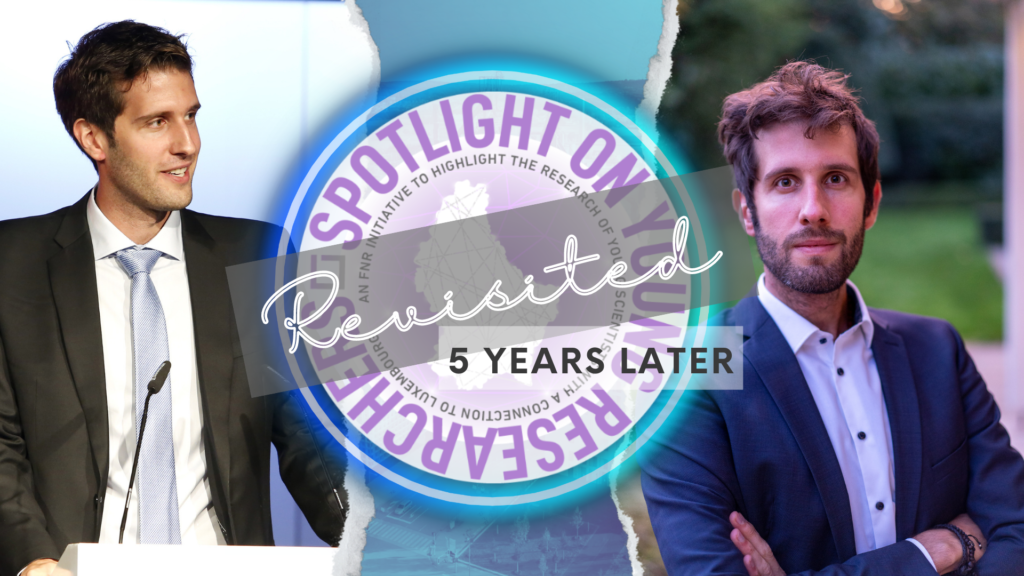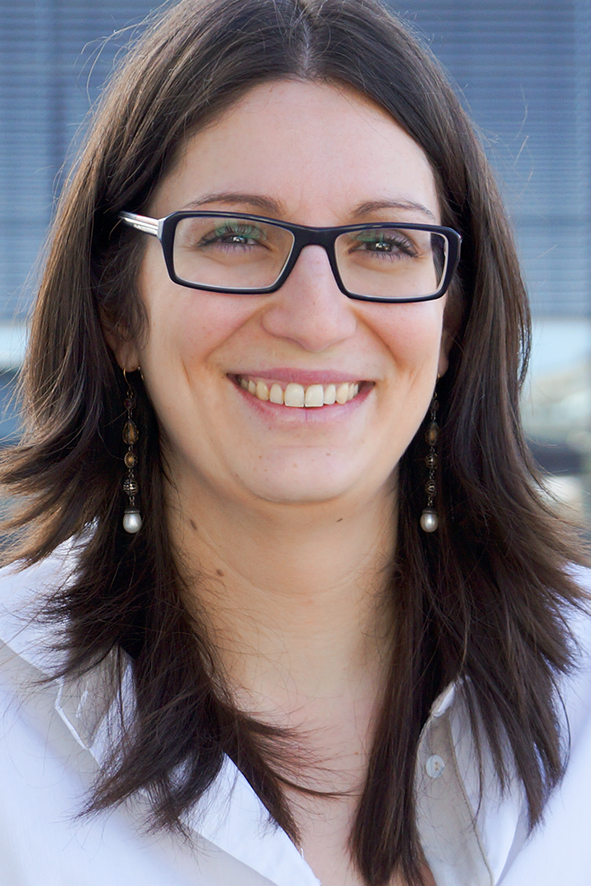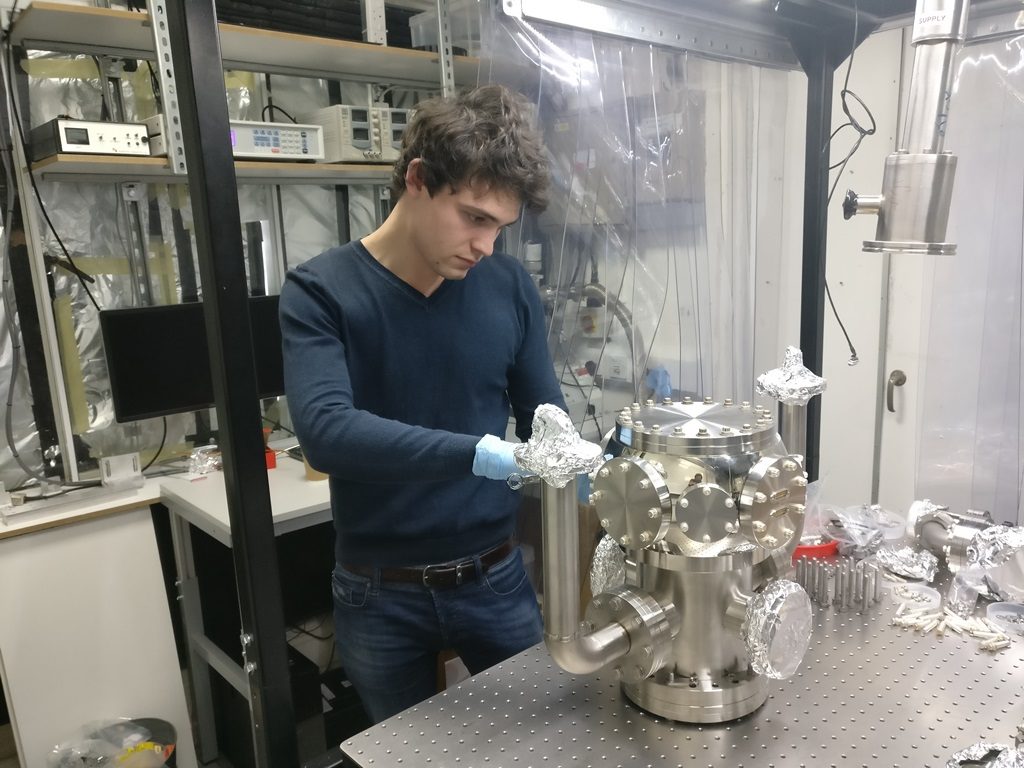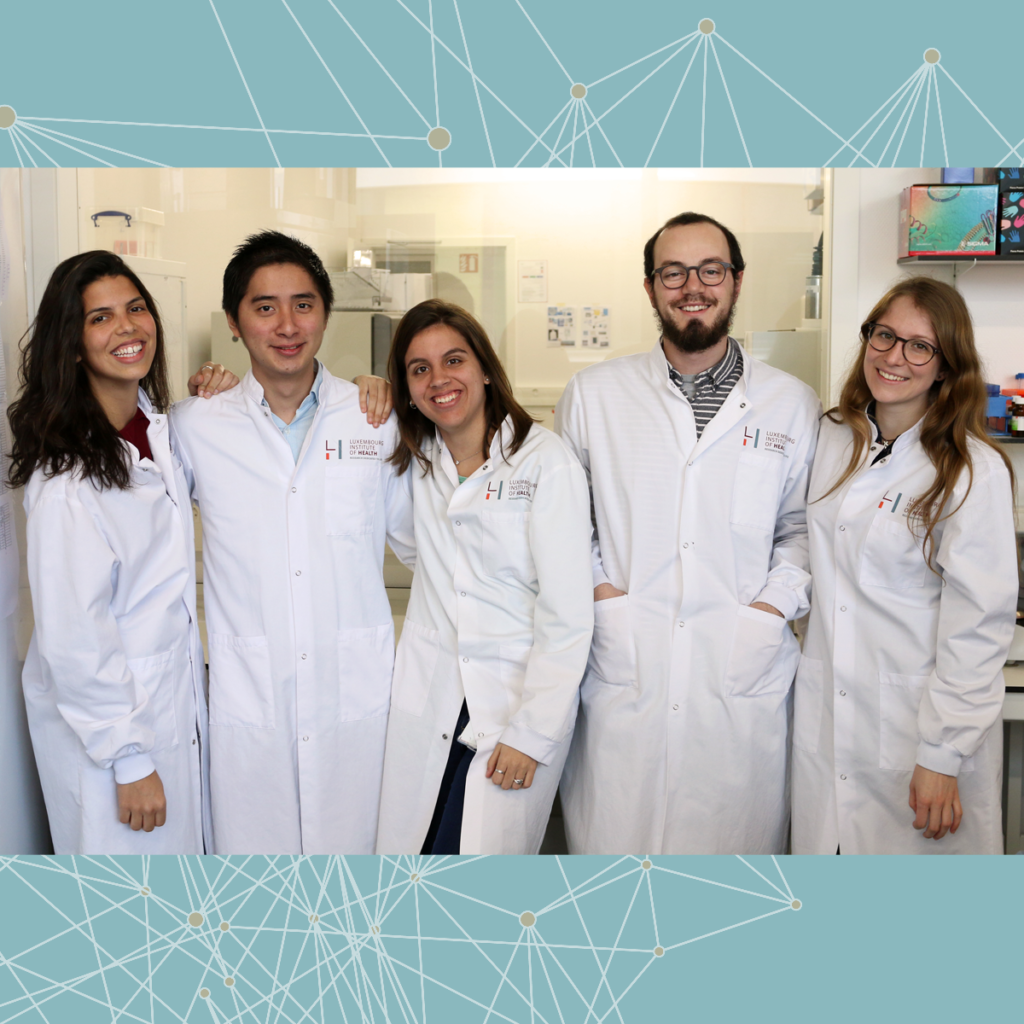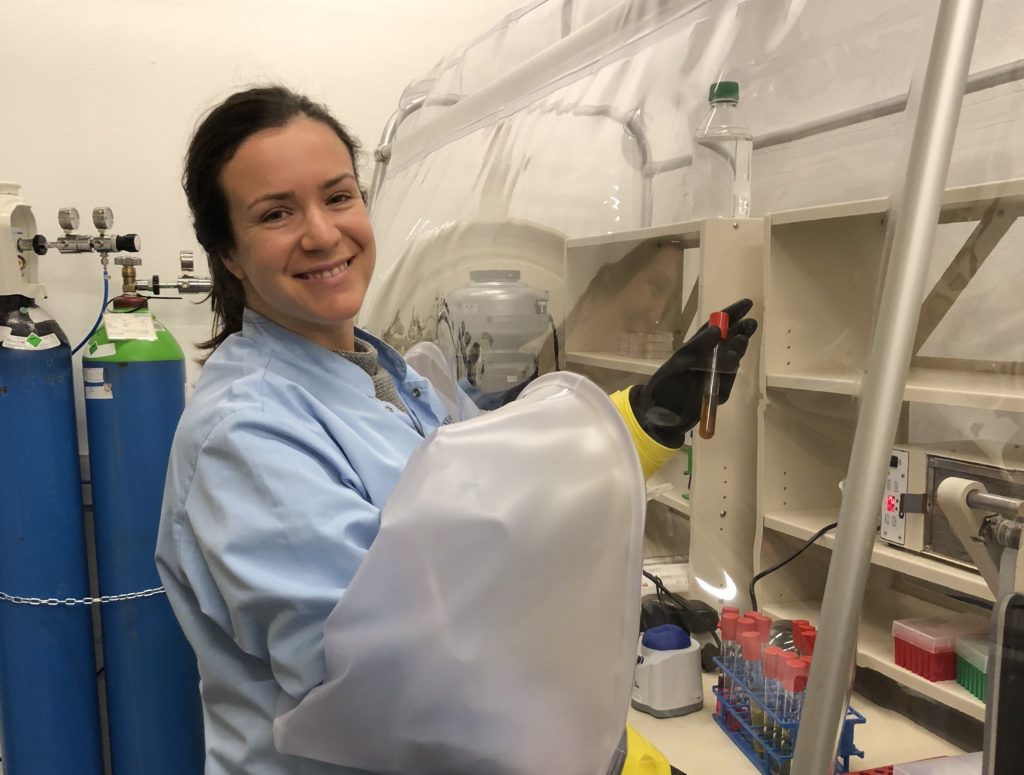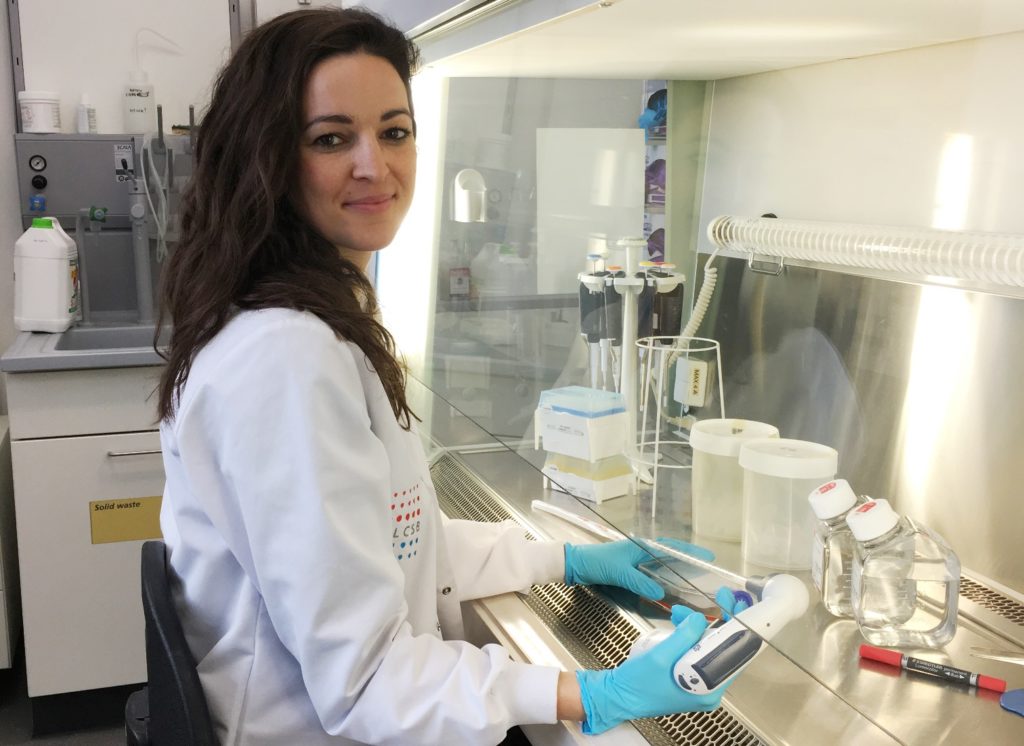
As part of her Industrial Fellowship – a collaboration between the University of Luxembourg and company Husky – PhD candidate Yamila Mariel Omar helps industry to monetize their proprietary data by means of big data analytics. We speak to the Argentinian national who also became a mother during her PhD.
“I don’t think there is any point in doing ‘big data analytics’ for the fun of it or because it’s a buzzword,” Yamila Mariel Omar explains, continuing:
“If analytics adds to company spending, in terms of physical resources and personnel, but does not guarantee improving the bottom line, then it’s not worth it.
For Yamila, the big question facing her field is how to monetise data – improving customer service, enhancing innovation, reducing time to market, improving production.
“The difficulty is measuring return on investment: big data analytics is a costly and difficult endeavour. Many companies are dissuaded because they fail to see how investments in big data analytics will make them more profitable. I believe these types of collaborations (like the Industrial Fellowship) should pave a way forward for wider applicability of lab proven techniques in the industry.”
Finding a way to monetise big data
Yamila’s PhD is funded under an FNR Industrial Fellowship, meaning her project is a collaboration between public research and industry. Now in the third year of her PhD, Yamila and Husky are working on determining the feasibility of predicting final quality from geometrical dimensions assigned during the design phase of a product.
“This requires gathering all relevant data, cleaning it which is lengthy task normally consuming 70% of big data analytics efforts, modeling on a training set of data and verifying the ability of the model to predict on an out of sample set of data.”
Yamila’s project feeds into Husky’s digital industry vision: finding ways to monetise proprietary data in order to enhance customer service.
“My research group at the University of Luxembourg is part of the Department of Engineering. As such, we work closely with the Luxembourgish industry in several topics: big data analytics, Operations Research, robotics and laser technology. In this sense, the fit between my research group and my industry partner is great: we manage to combine the rigor of academia with the expediency of industry.”

Industry and research: a win-win for both sides
Asked how industry benefits from working with researchers, and vice versa, Yamila explains industry benefits to by testing whether “lab techniques” work in practice.
“The benefits are low capital investment and the possibility to test these new ideas without the need to hire experts on the subject – hereby avoiding all the hurdles associated with hiring and retention of personnel on an explorative phase of a project.
“In my specific case, my industry partner benefits from working with someone that can translate their business objectives into clear hypothesis to test mathematically. Simply put, they get answers to business questions. Furthermore, this exchange allows them to learn what profiles they should be looking for if they were to pursue digitalization further. I have also gained a lot of experience in what it entails to be a “business translator” (see my article here), that is, someone who can liaise between management and analytical personnel in order for both to collaborate towards attaining a common business goal.”
The benefits for researchers in teaming up with industry, Yamila explains, include being able to apply theories and ideas from academia in a place where they can have direct impact on consumers or society. Additionally, it provides researchers with new career opportunities outside academia – it is a known fact that there are not enough academic positions to enable all PhD graduates or Postdocs to continue in academia.
From Argentina to US, then from UAE to Italy and Luxembourg
Despite being an early-career researcher, Yamila is not new to research and has worked in several countries already. During her Bachelors in Materials Engineering – Yamila is from Argentina where a Bachelor degree take 5 years – Yamila was invited to do research in Mechanical Engineering for the first time.
“I enjoyed the experience so in 2011 I jumped at the opportunity to do research developing chemical sensors for explosives detection in West Virginia University in the USA. That project became my bachelor’s thesis and I graduated in 2012. I had a few brief experiences with the steel and oil services industries and then, in 2013, I accepted an offer to do a Master of Science in Material Science and Engineering in Masdar Institute in the United Arab Emirates. There, I not only got to do research but also to publish my results in international conferences and in peer reviewed journal papers. After a brief pause in which I studied Italian in Rome, I came to Luxembourg for my PhD.
“In Luxembourg, we have an interesting combination of stakeholders. First, a number of industrial partners look forward to enter the Industry 4.0 era. Secondly, there is clear governmental support – such as Luxembourg’s Ministry of Economy promoting the ‘troisième révolution industrielle’. Finally, the University provides not only engineering and computer science education, but hosts the High Performance Computing Cluster where it can all happen.”
Juggling a young child and a PhD
Aside from Luxembourg’s emphasis on R&D and innovation, Yamila has also found great support personally: during her PhD she became a mother. Juggling work and a young child is not easy for anyone, let alone early-career researchers:
“The environment is not only very competitive but also continuously moving forward. Taking maternity and parental leave is extremely rewarding on a personal level, and yet, it gives the new parent a feeling of being “left behind” at work. While I don’t know how other countries handle parenthood in their PhD funding schemes, I am grateful for the FNR and Luxembourg’s support in this journey. I don’t think I would still be working towards a PhD if the circumstances were different.”
More about Yamila’s research
- Omar, Y. M., Minoufekr, M., & Plapper, P. (2018). Lessons from social network analysis to Industry 4.0. Manufacturing Letters, 15, 97-100. DOI: https://doi.org/10.1016/j.mfglet.2017.12.006
- Omar, Y. M., Minoufekr, M., & Plapper, P. (2019). Business analytics in manufacturing: Current trends, challenges and pathway to market leadership. Operations Research Perspectives, 6, 100127. DOI: https://doi.org/10.1016/j.orp.2019.100127
- Omar, Y. M., & Plapper, P. (2019). Maximum flow of complex manufacturing networks. Procedia CIRP, 86C, 20-25. DOI: Article in press.
Video of Yamila’s presentation on the 7th CIRP Global Web Conference (www.cirpe2019.com for more information).
“My role model is entrepreneur Bette Nesmith Graham. She was a mom who worked as a typist. In 1956, she invented the first correction fluid (nowadays known as Liquid Paper) out of her kitchen. Originally called “Mistake Out”, she provided it to coworkers. She founded the homonymous company in 1958, still producing out of her kitchen and garage. She was later fired from her typist job and she dedicated herself to her company. By 1968, it was profitable and in 1979 the company was sold to the Gillette Corporation for $47.5 million.
“I find Ms. Graham inspiring because her idea took over a decade to become profitable and more than two decades to be sold for millions, yet she never stopped. Nowadays, it is easy to be dissuaded given the great number of fast success stories. I believe that Ms. Graham is a role model on perseverance and ambition. She truly demonstrates the resilience of women in business.”
About Spotlight on Young Researchers
Spotlight on Young Researchers is an FNR initiative to highlight early career researchers across the world who have a connection to Luxembourg. The campaign is now in its 5th year, with 60+ researchers already featured. Discover more young researcher stories below.
More in the series SPOTLIGHT ON YOUNG RESEARCHERS
- All
- Cancer research
- Environmental & Earth Sciences
- Humanities & Social Sciences
- Information & Communication Technologies
- Law, Economics & Finance
- Life Sciences, Biology & Medicine
- Materials, Physics & Engineering
- Mathematics
- Research meets industry
- Spotlight on Young Researchers
- Sustainable resource mgmt
- Women in science


